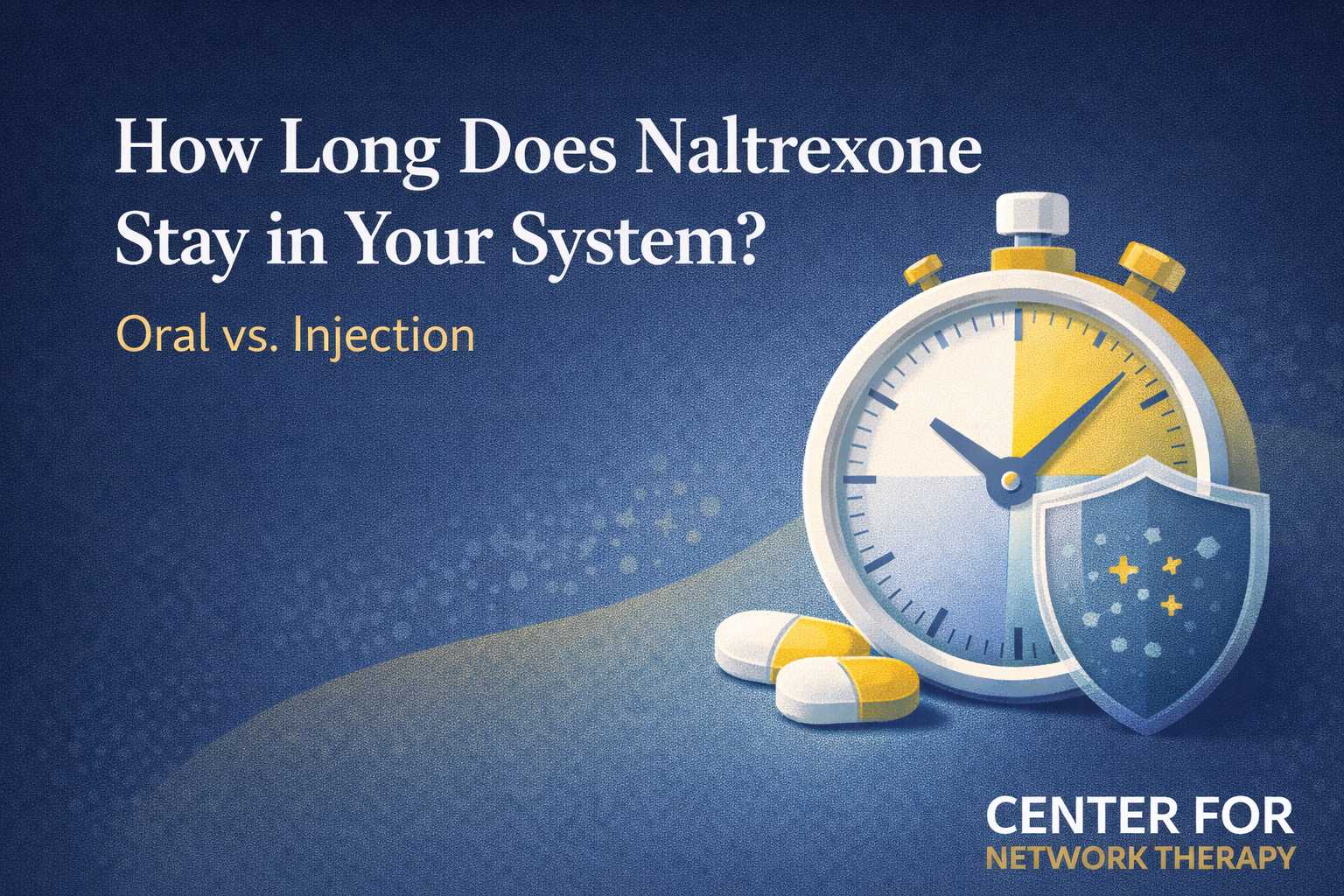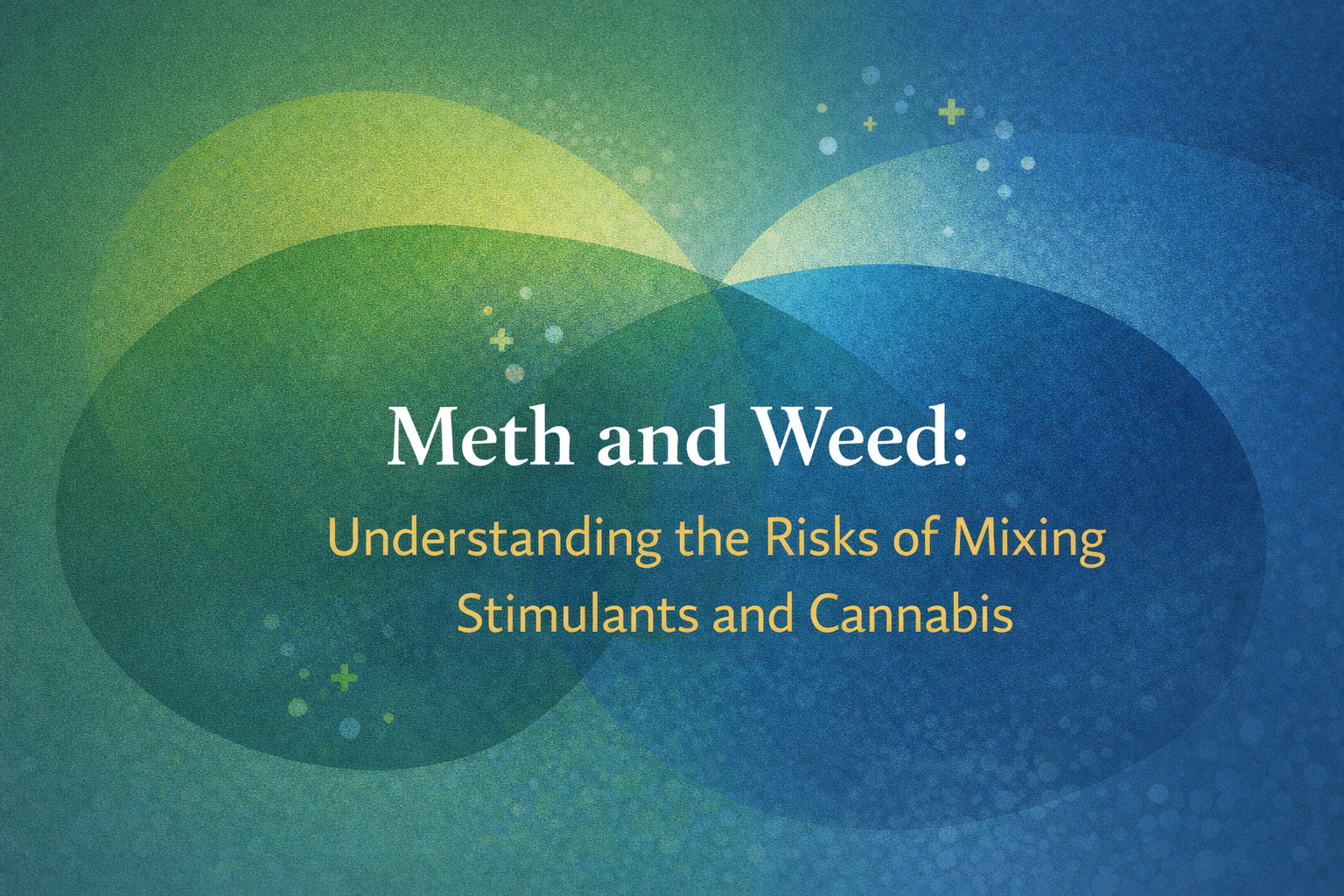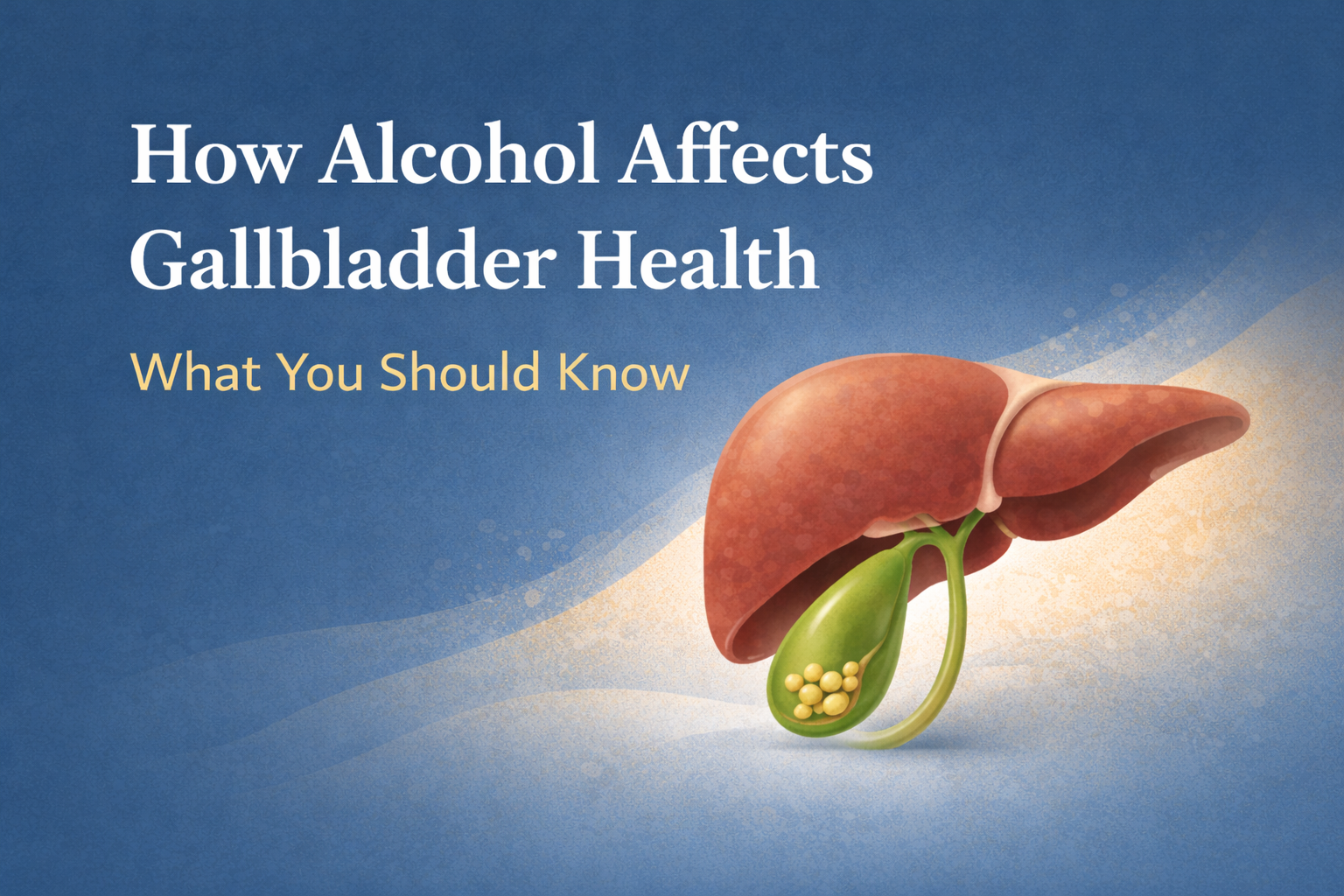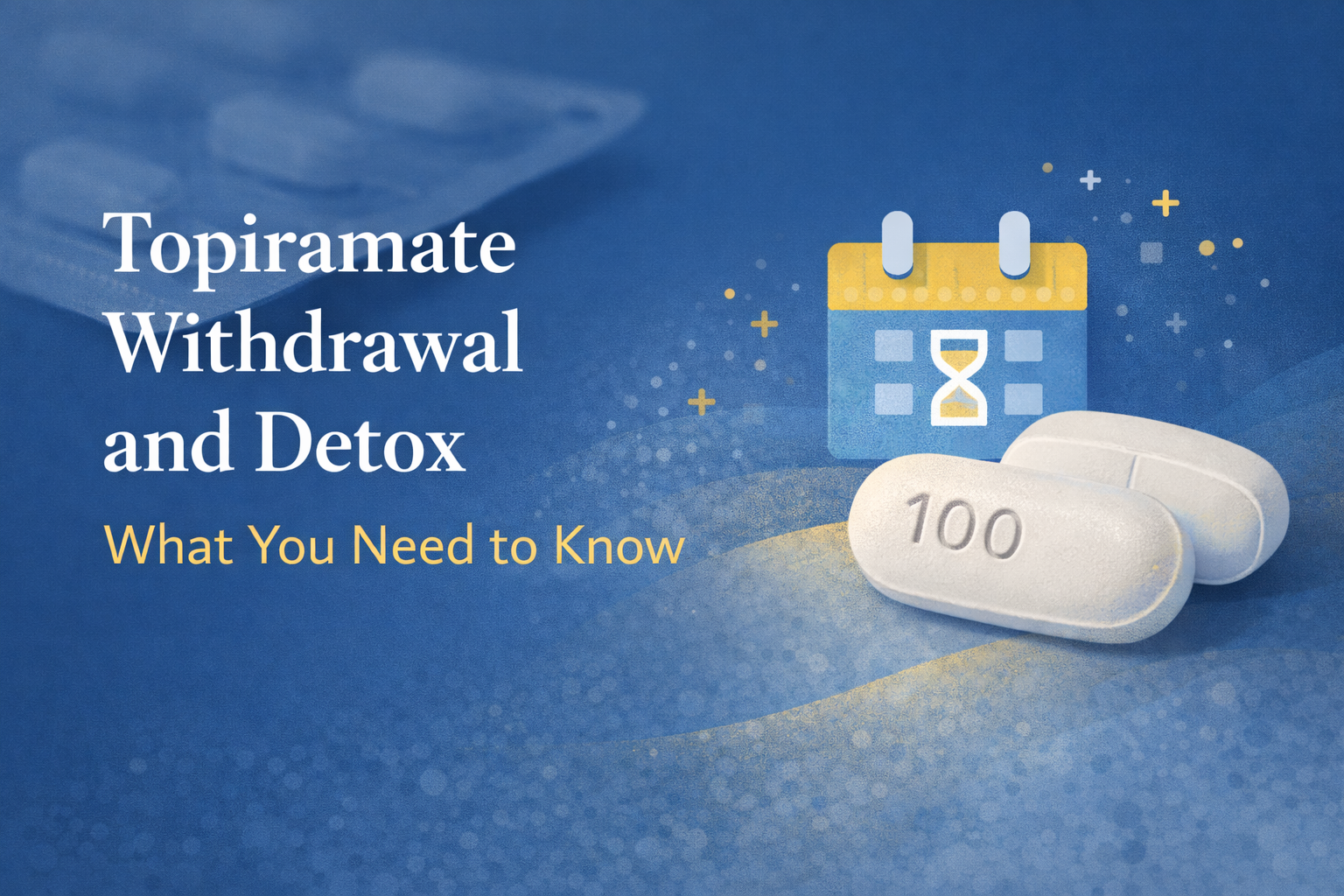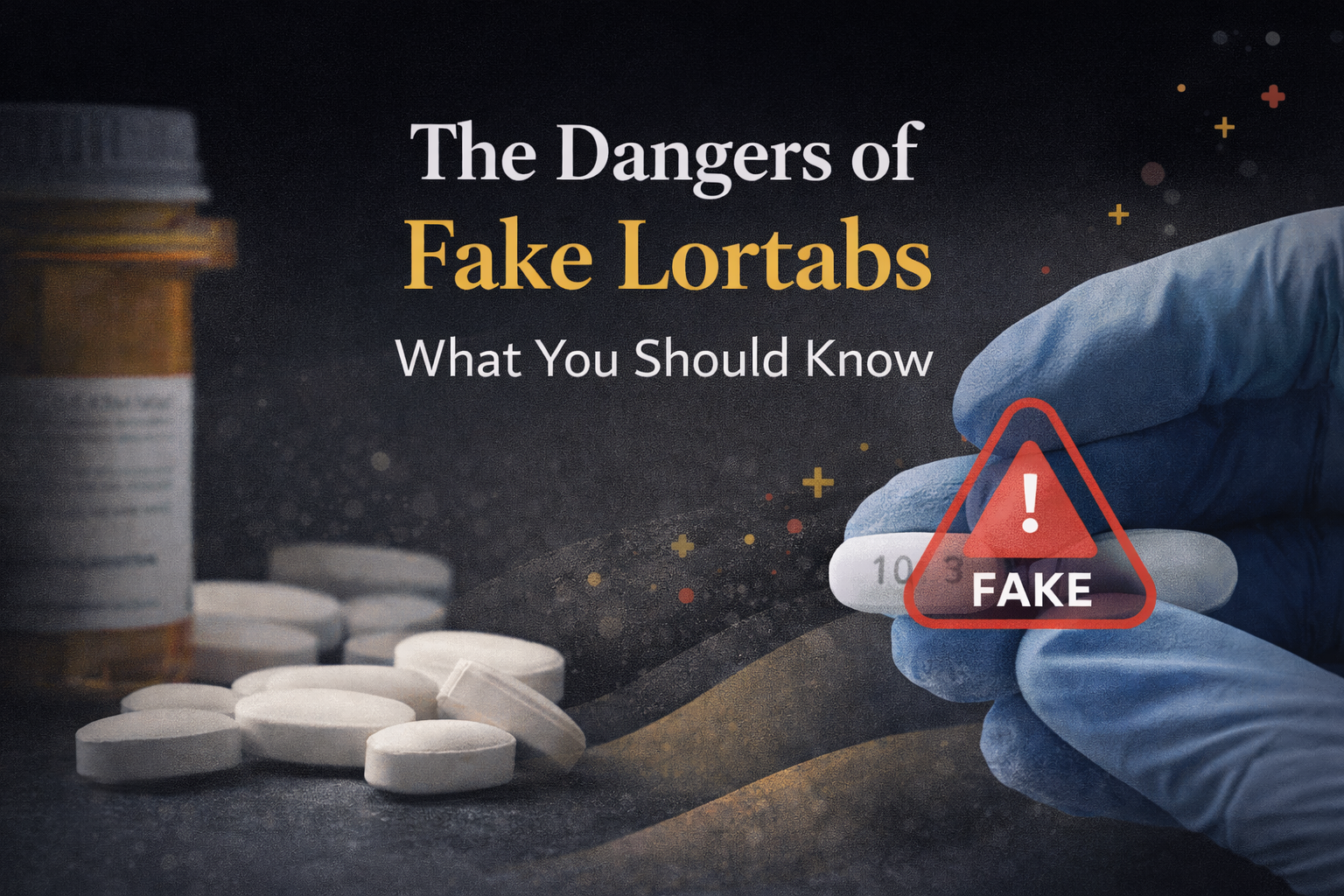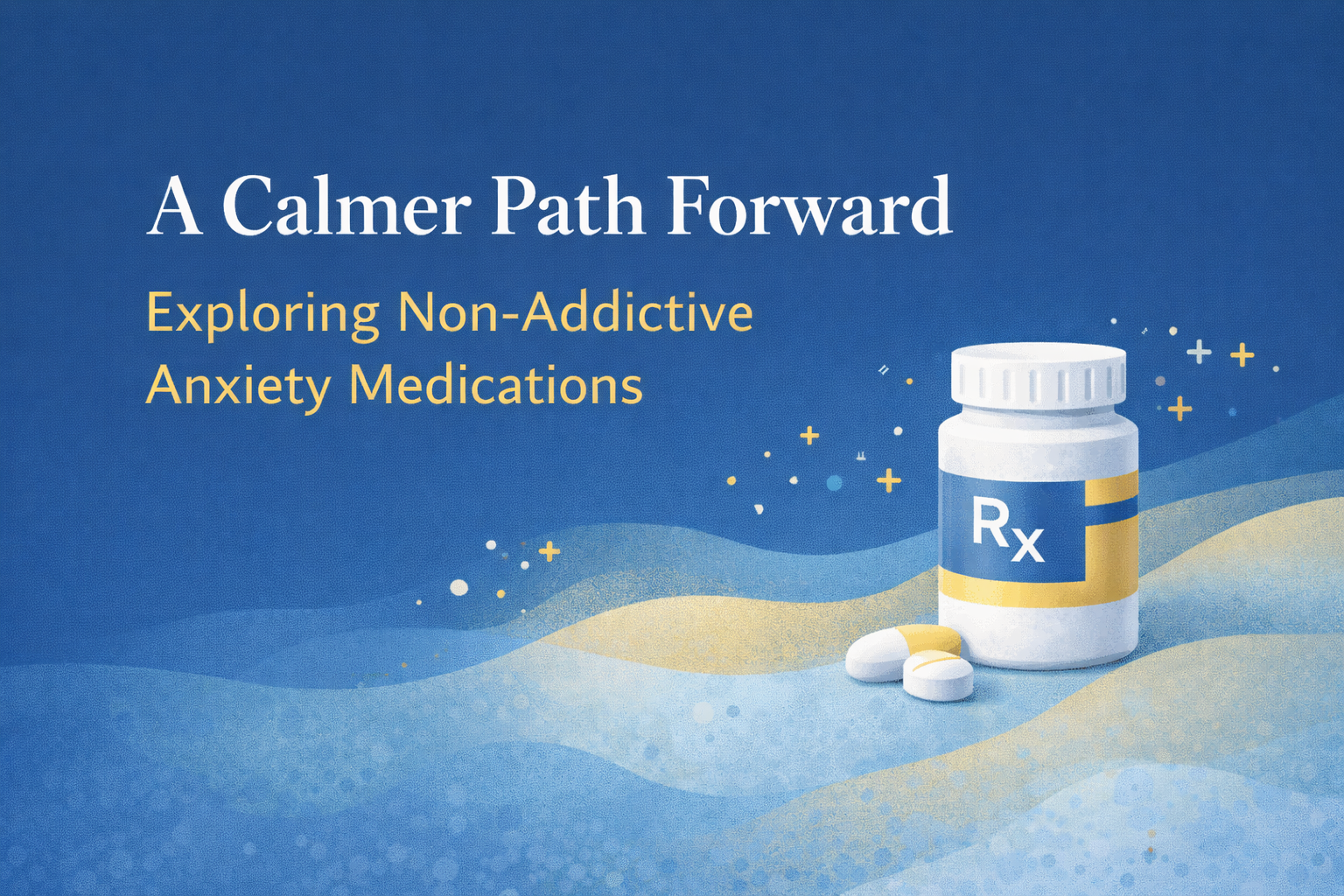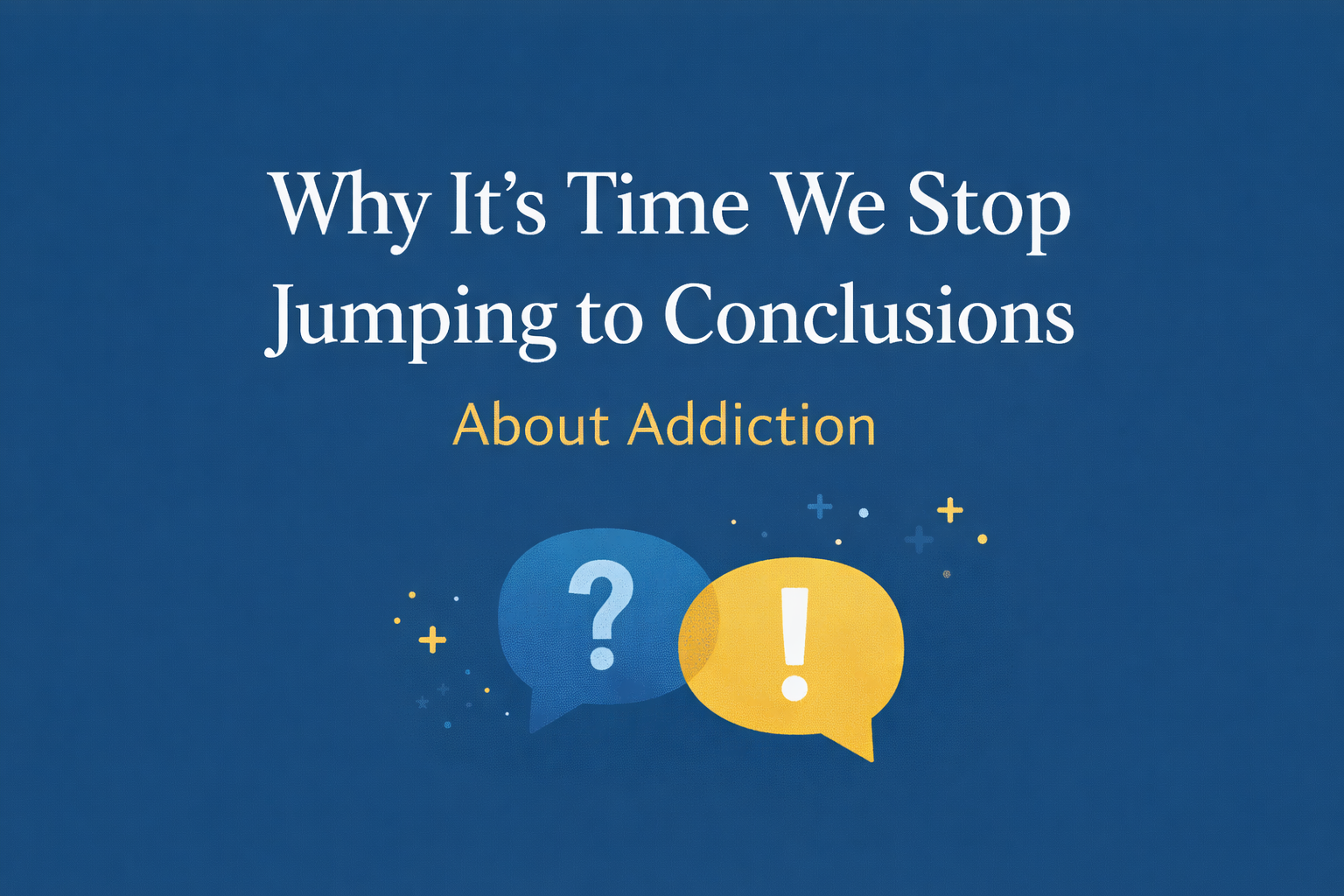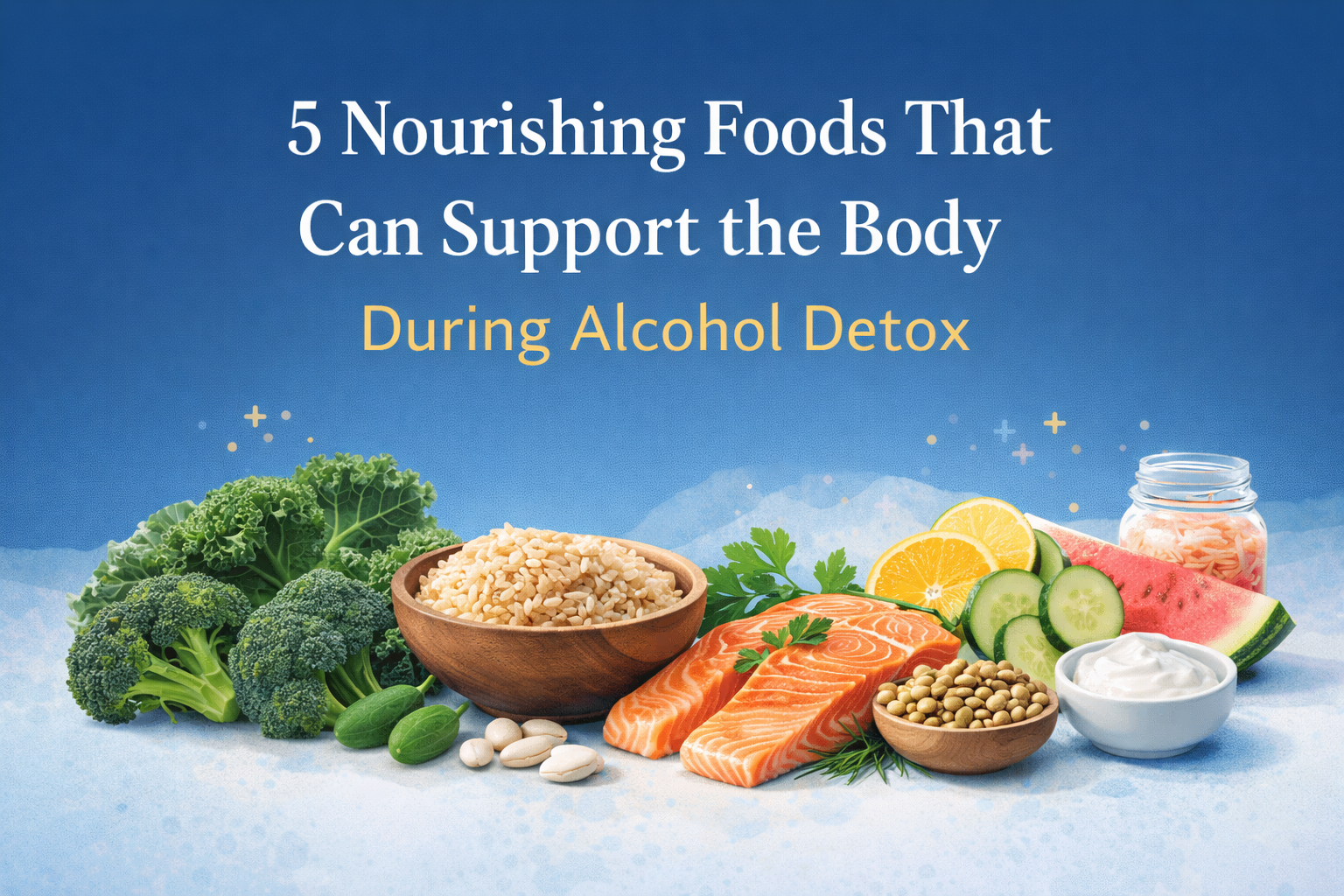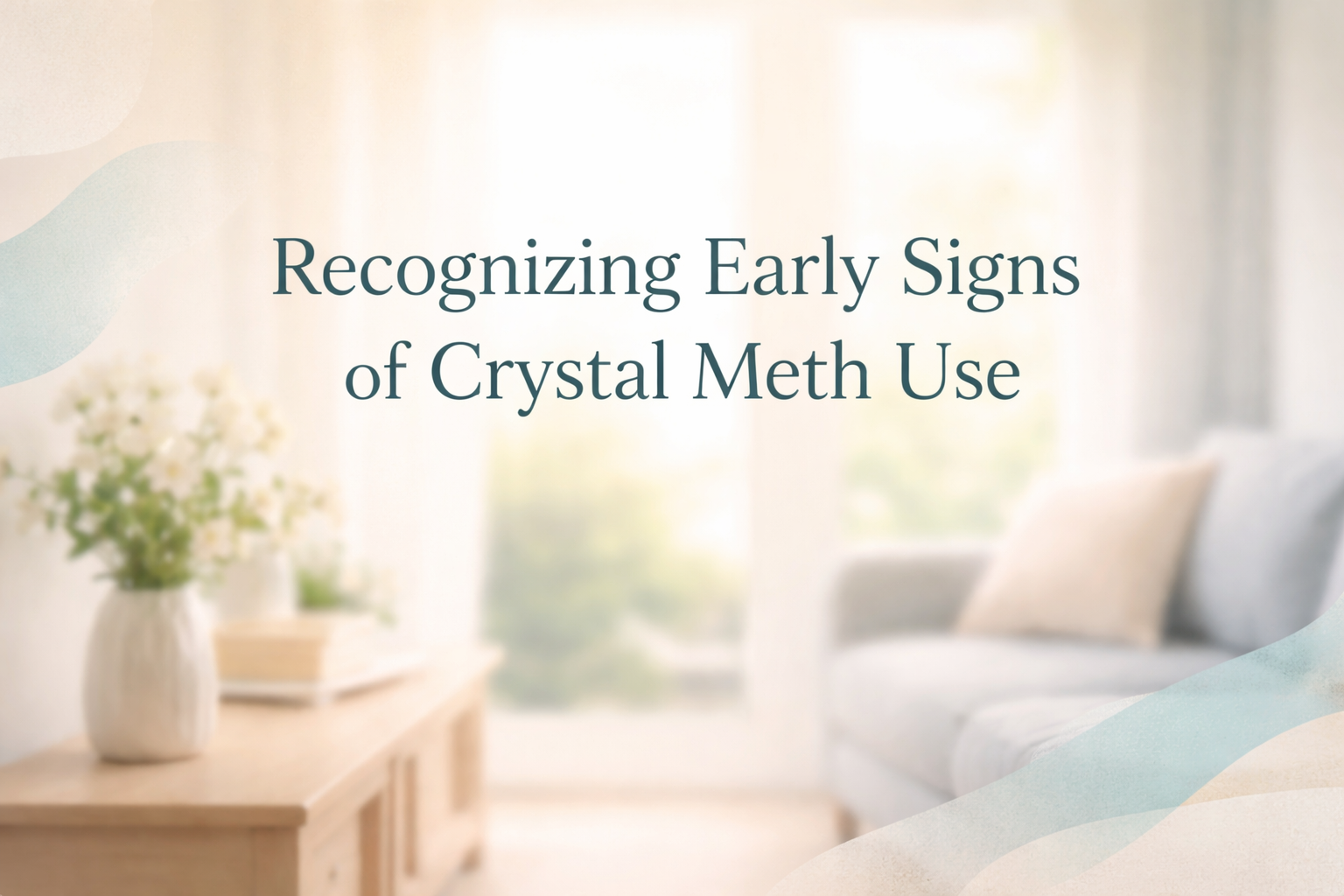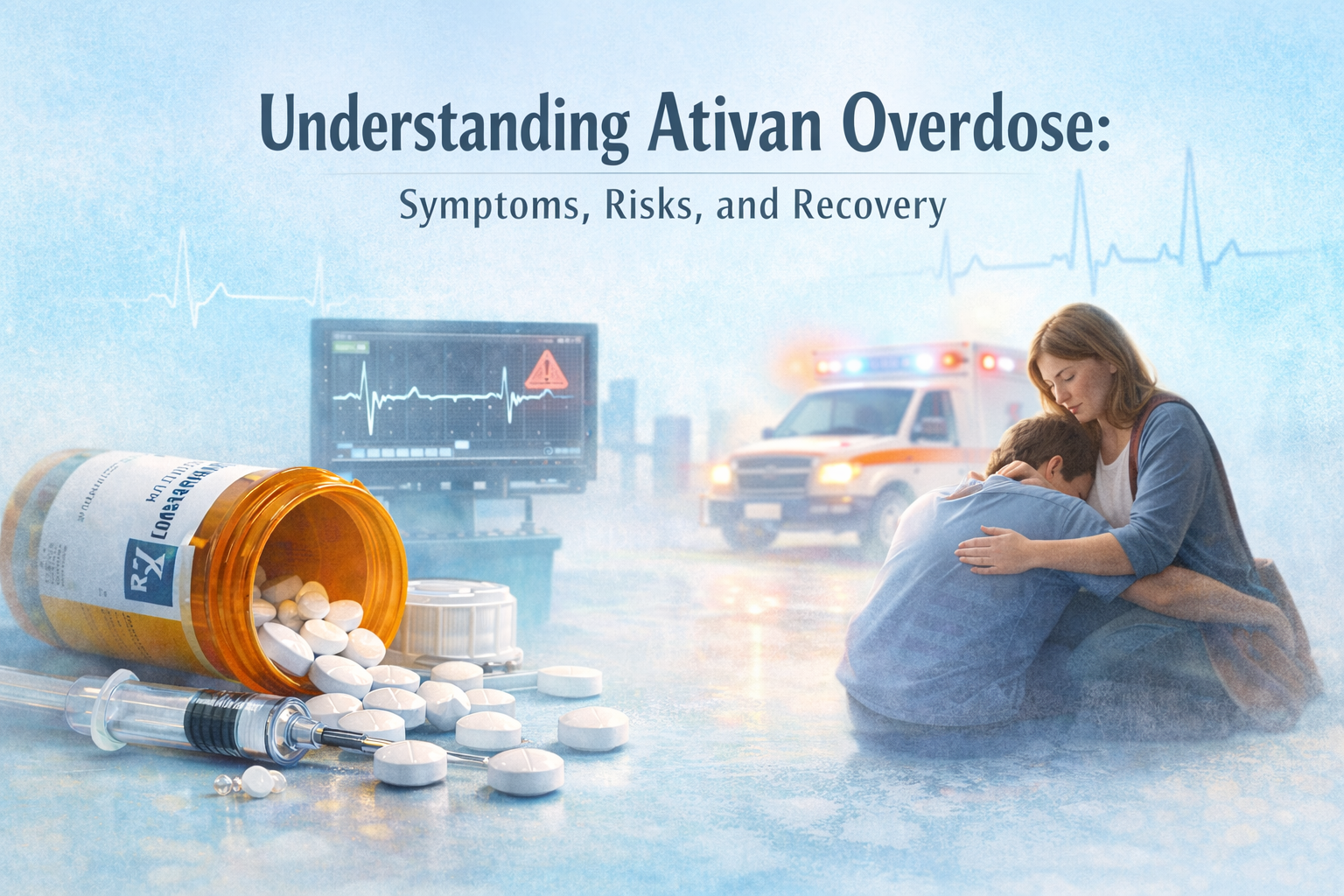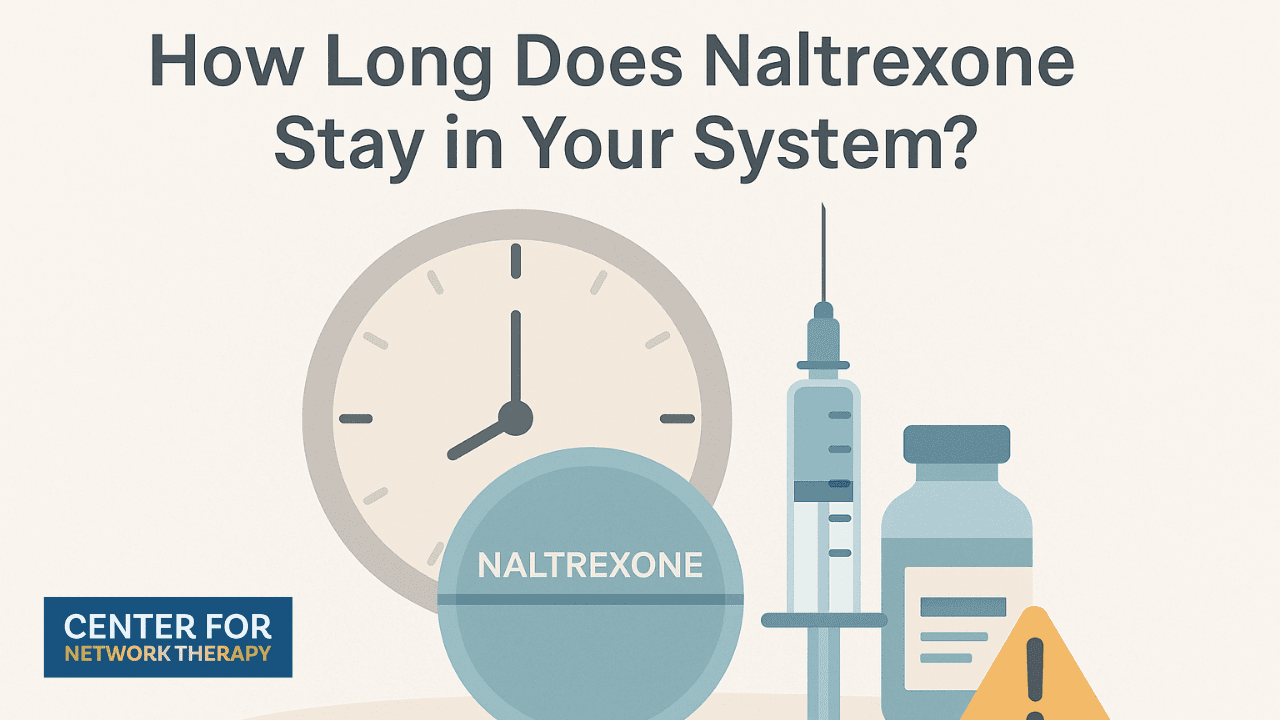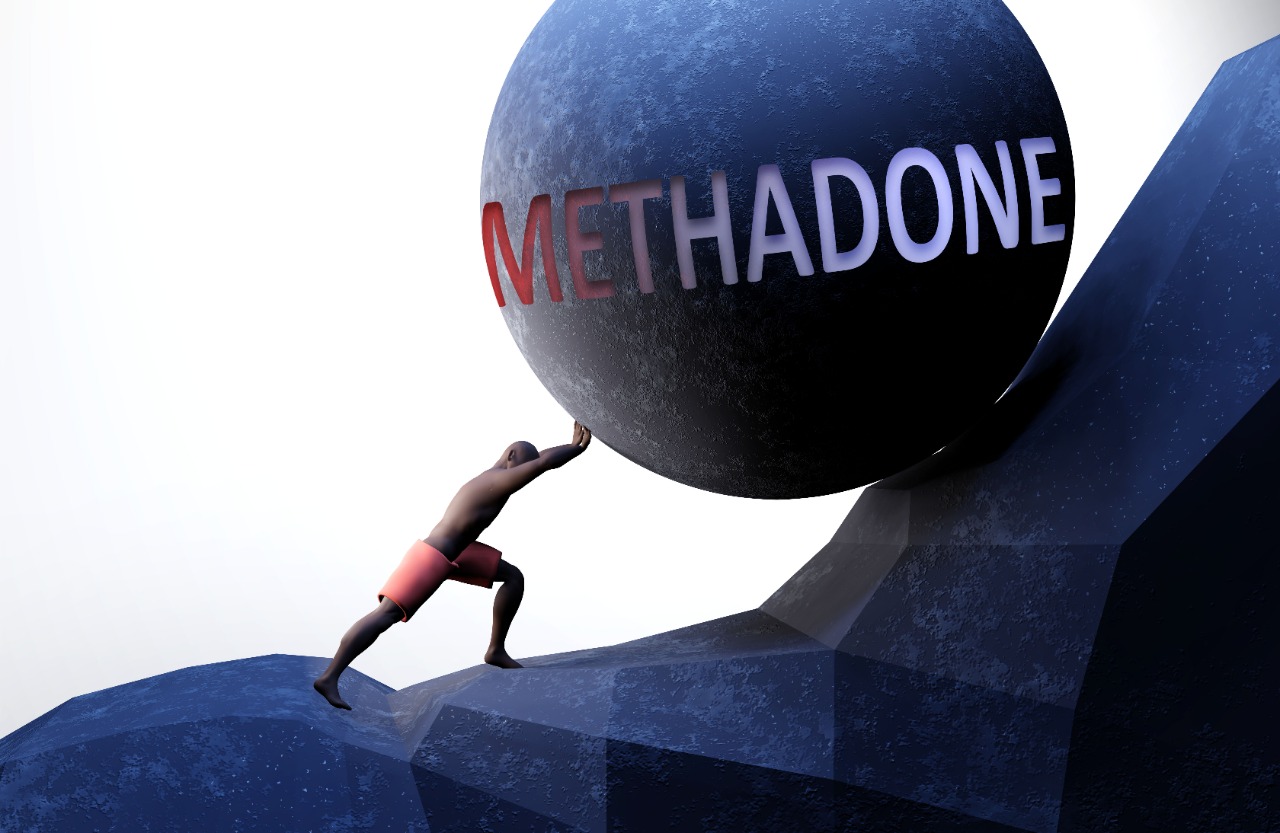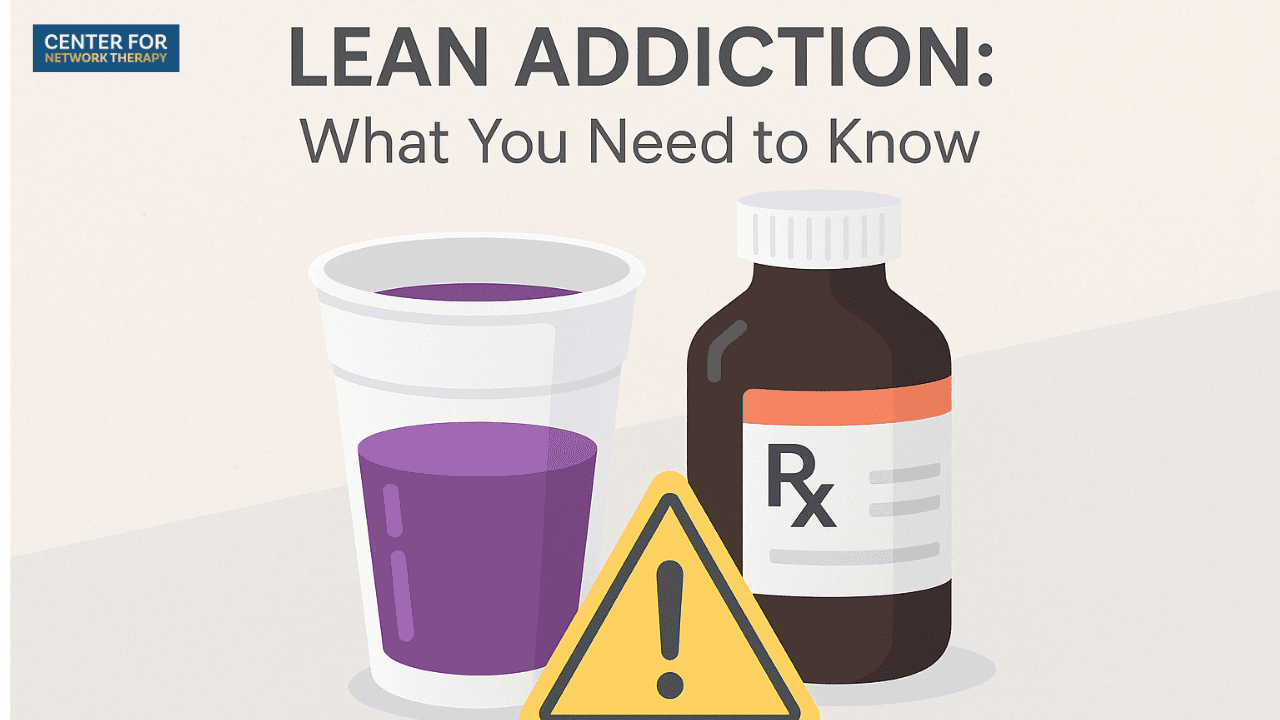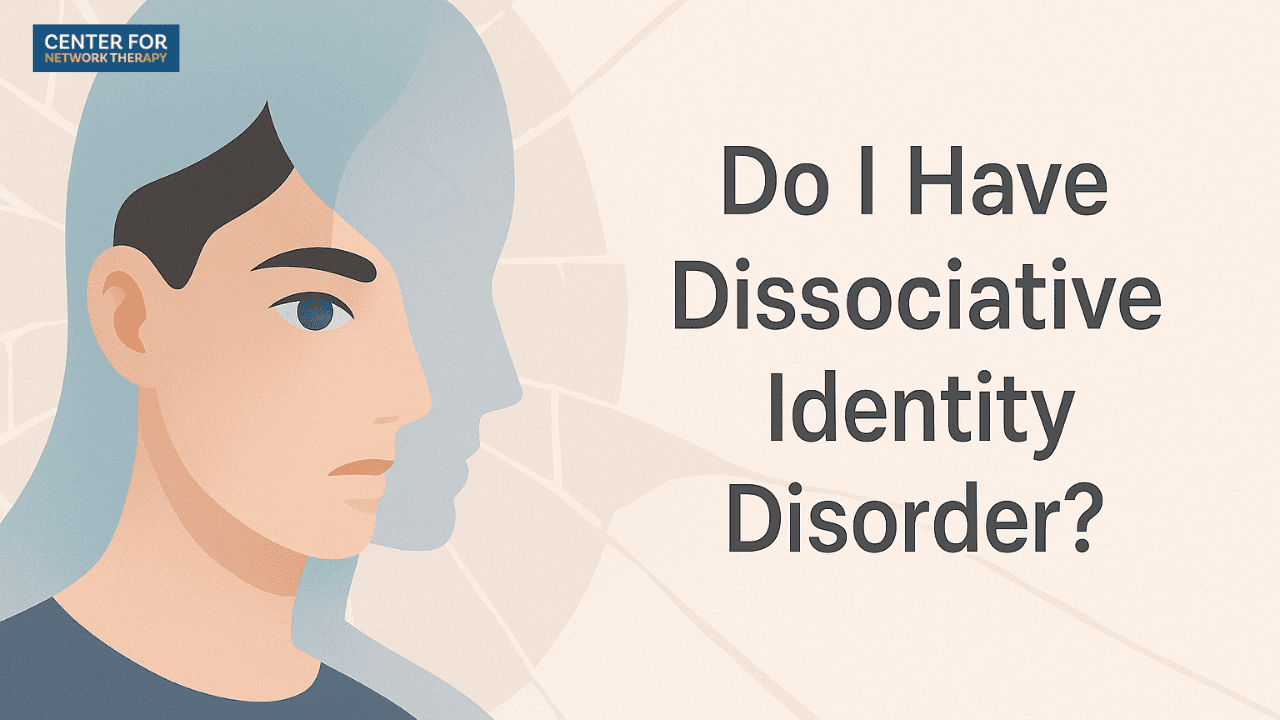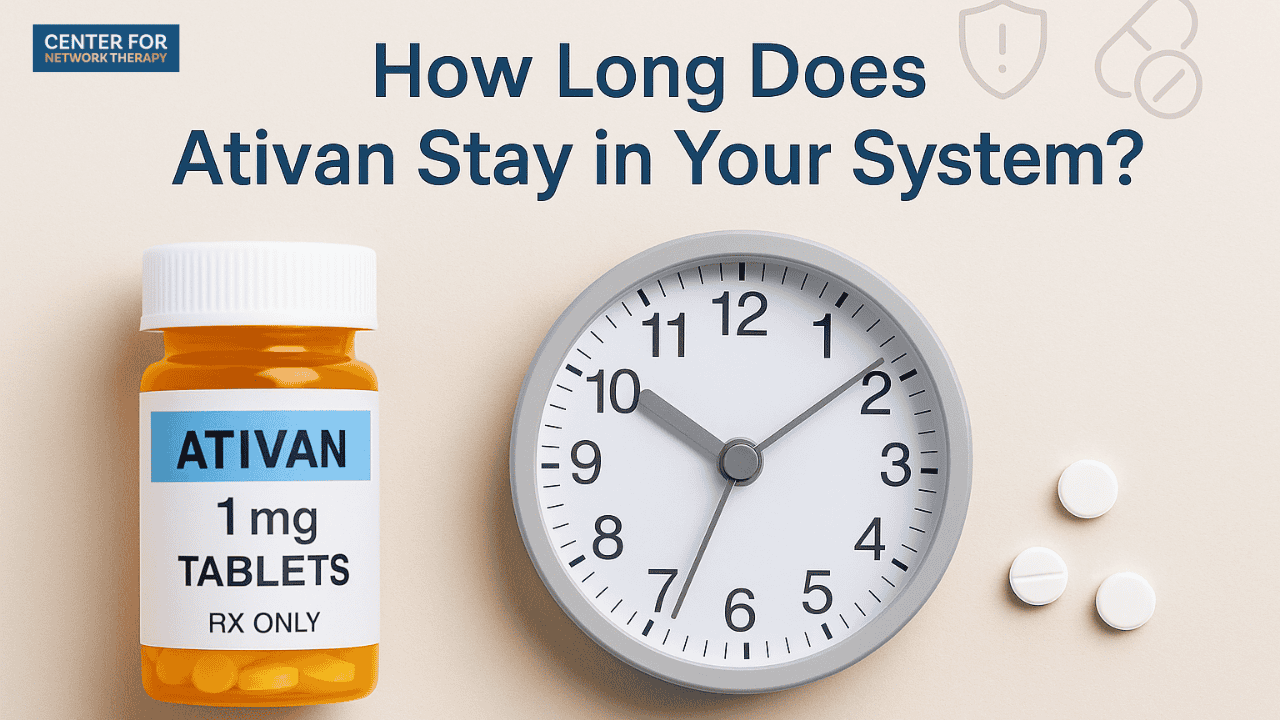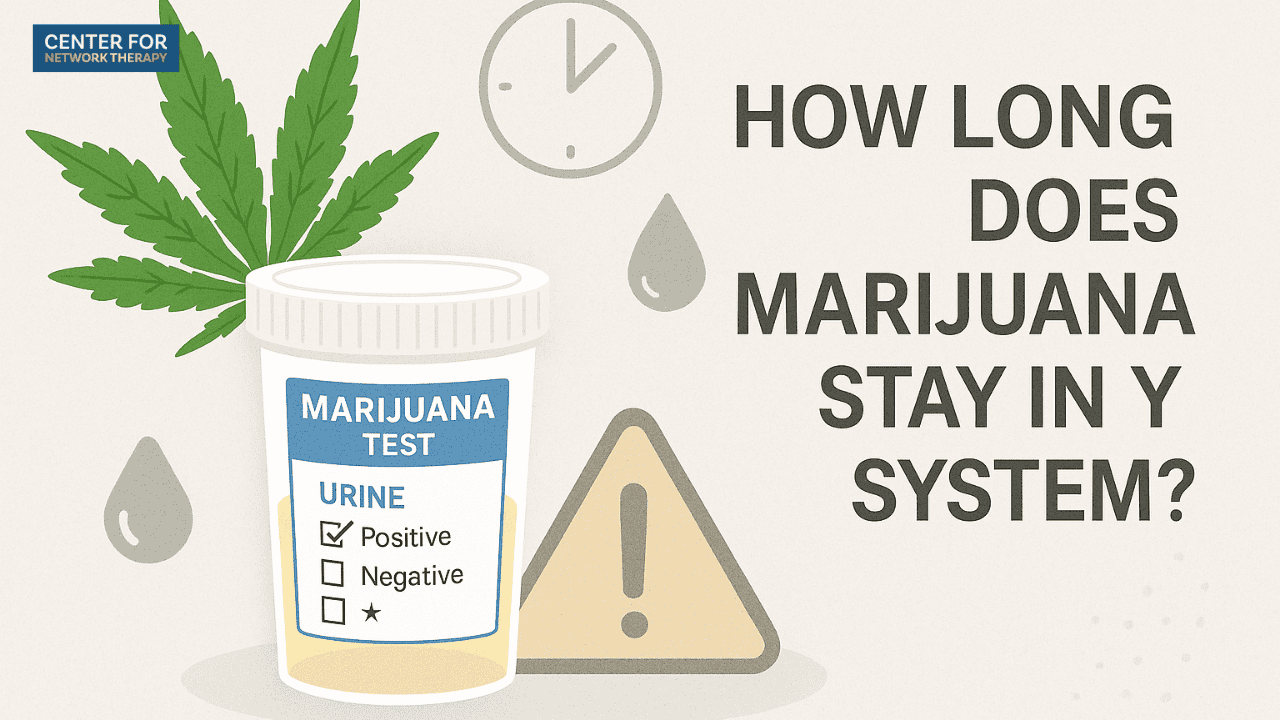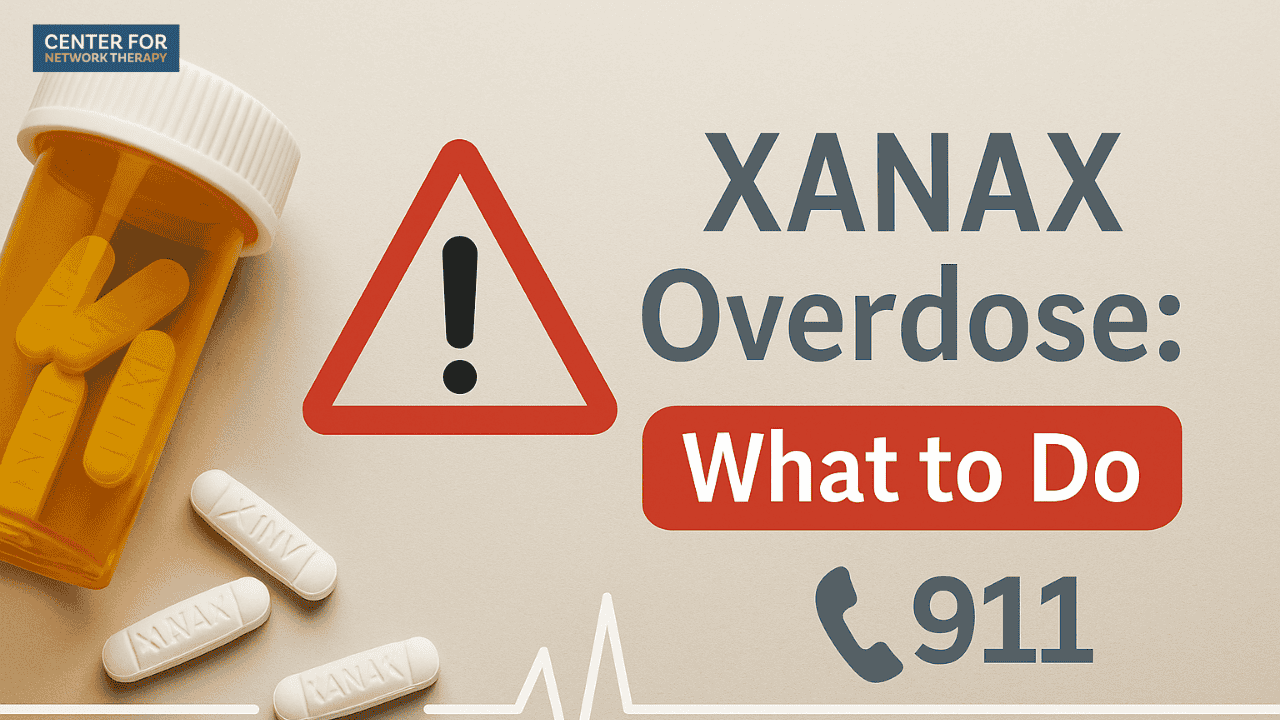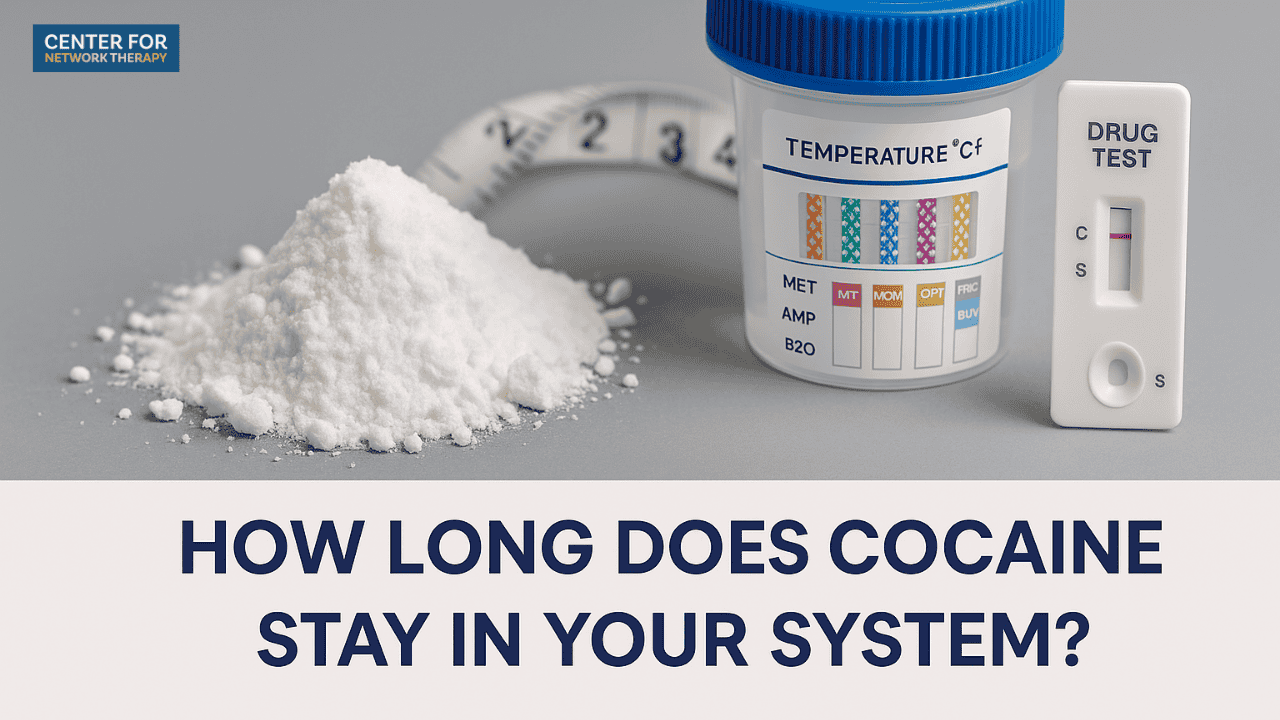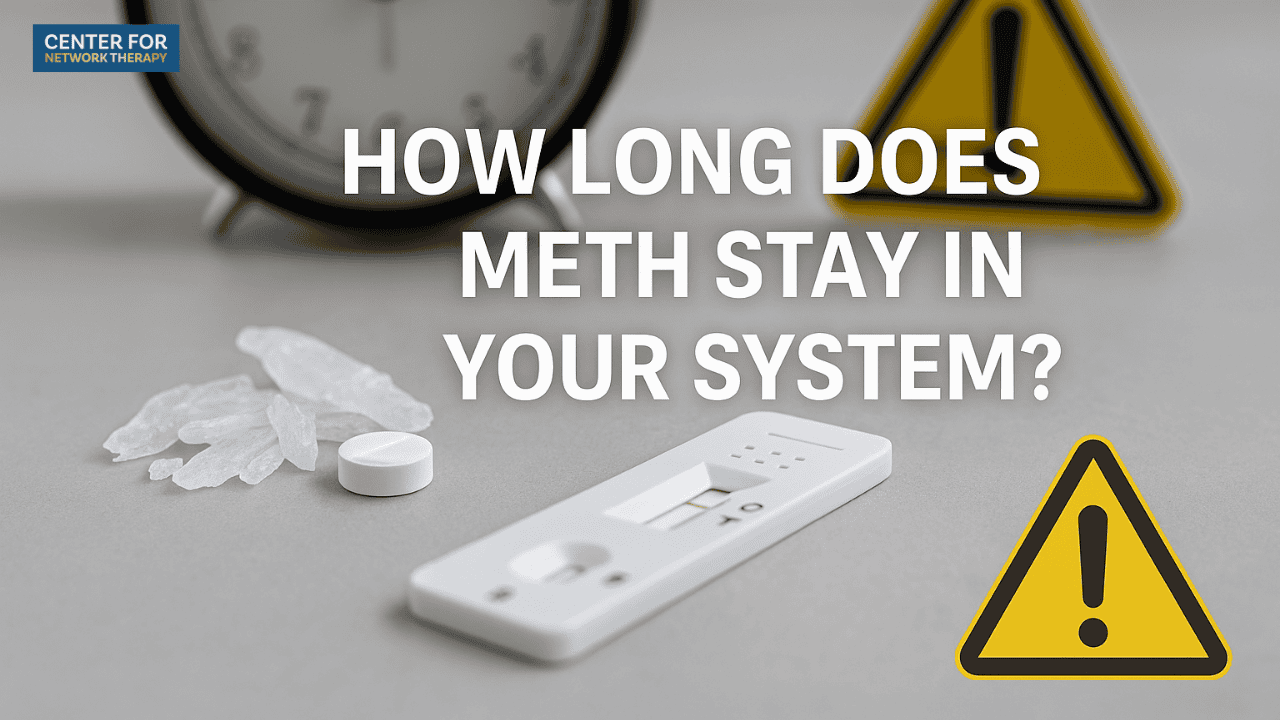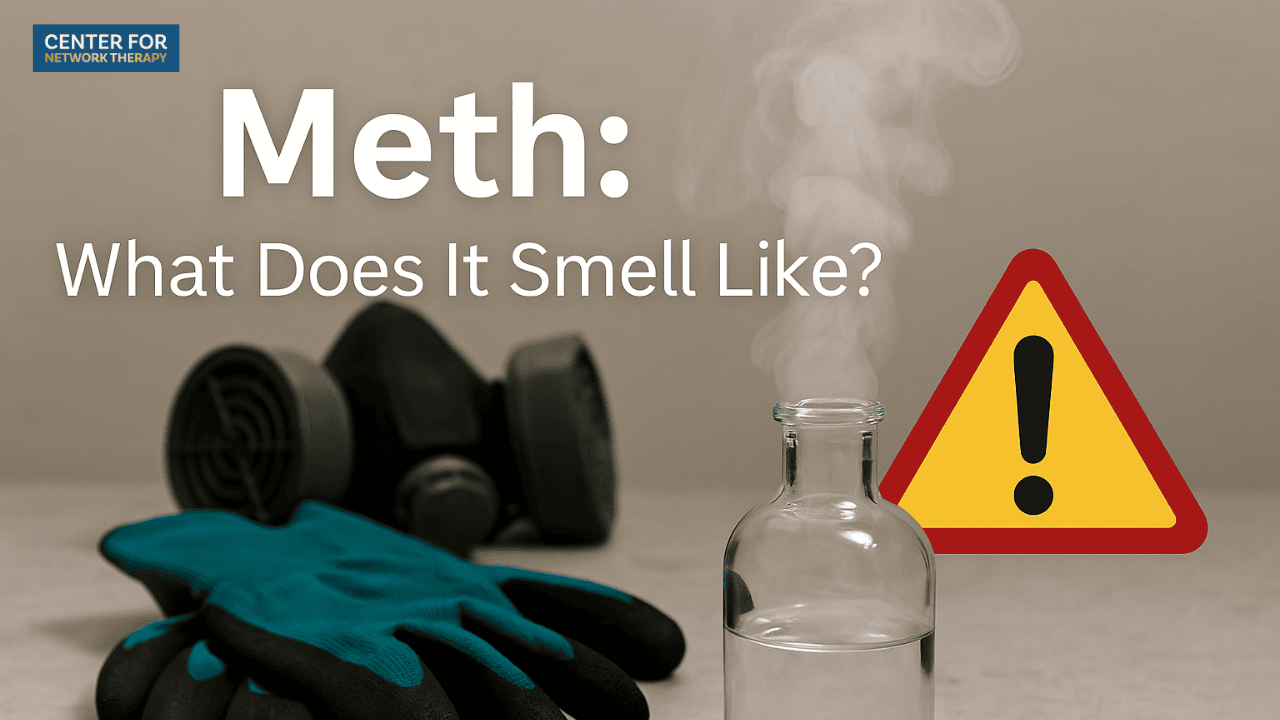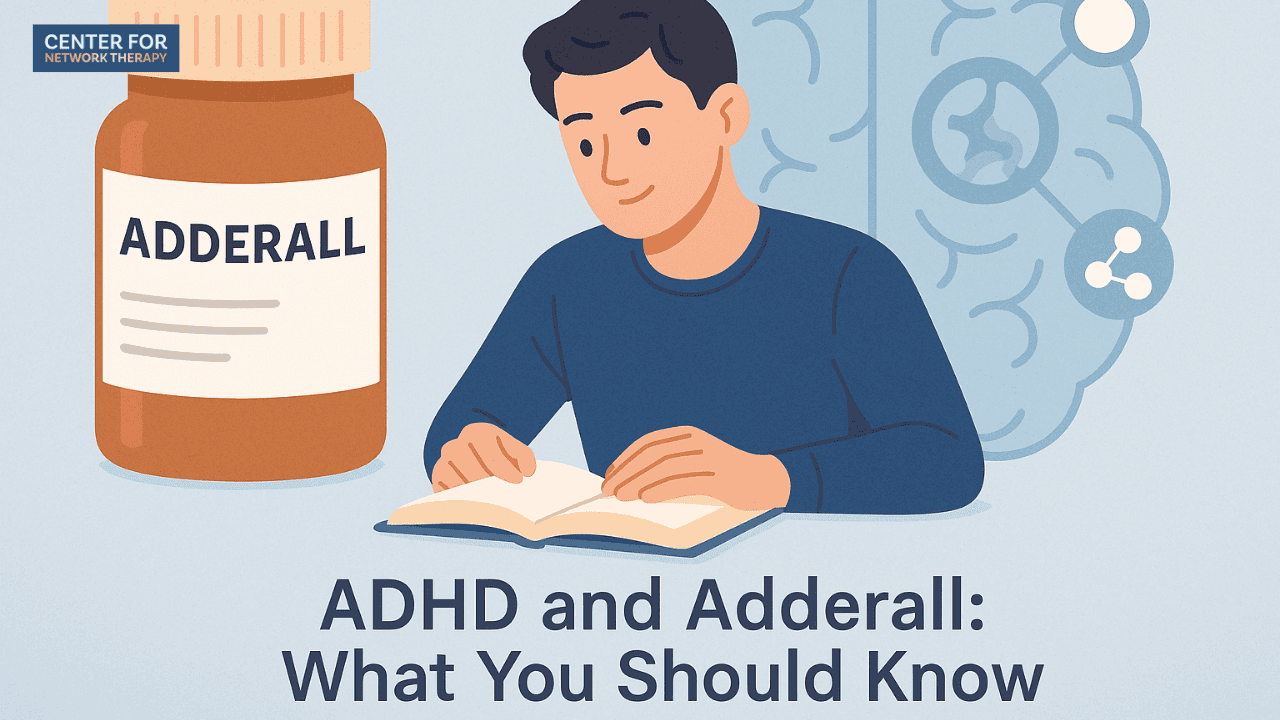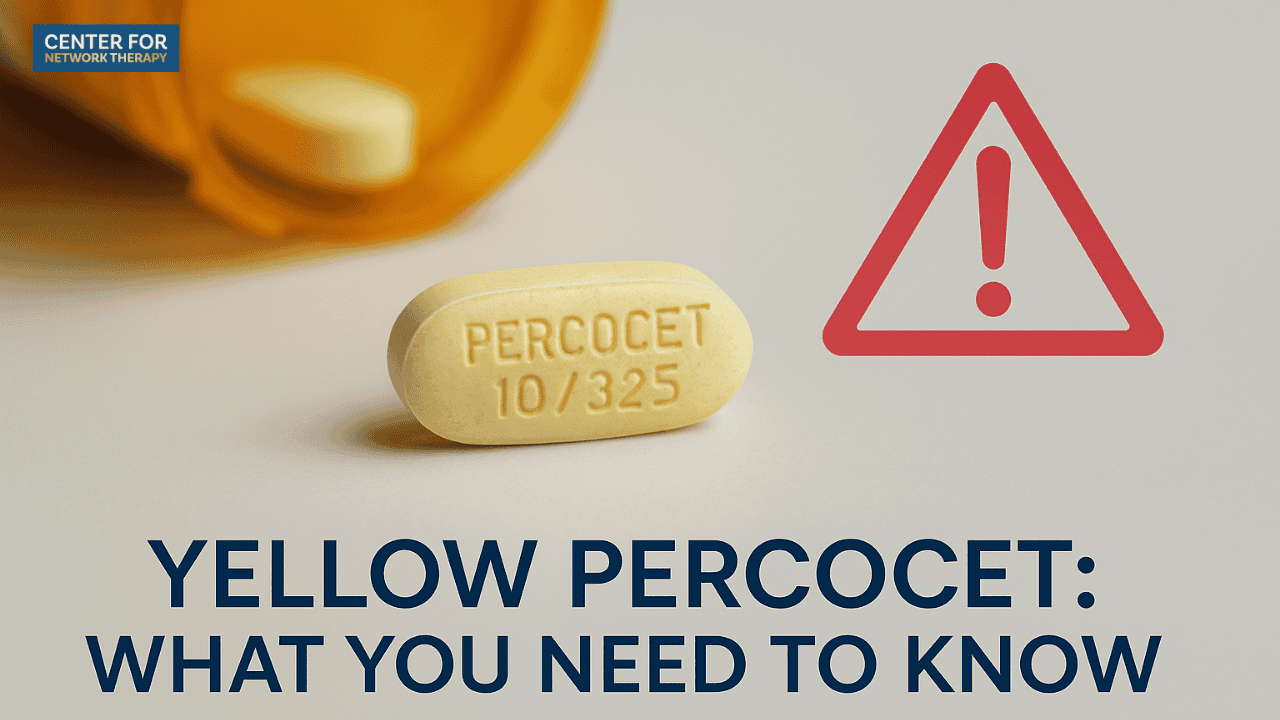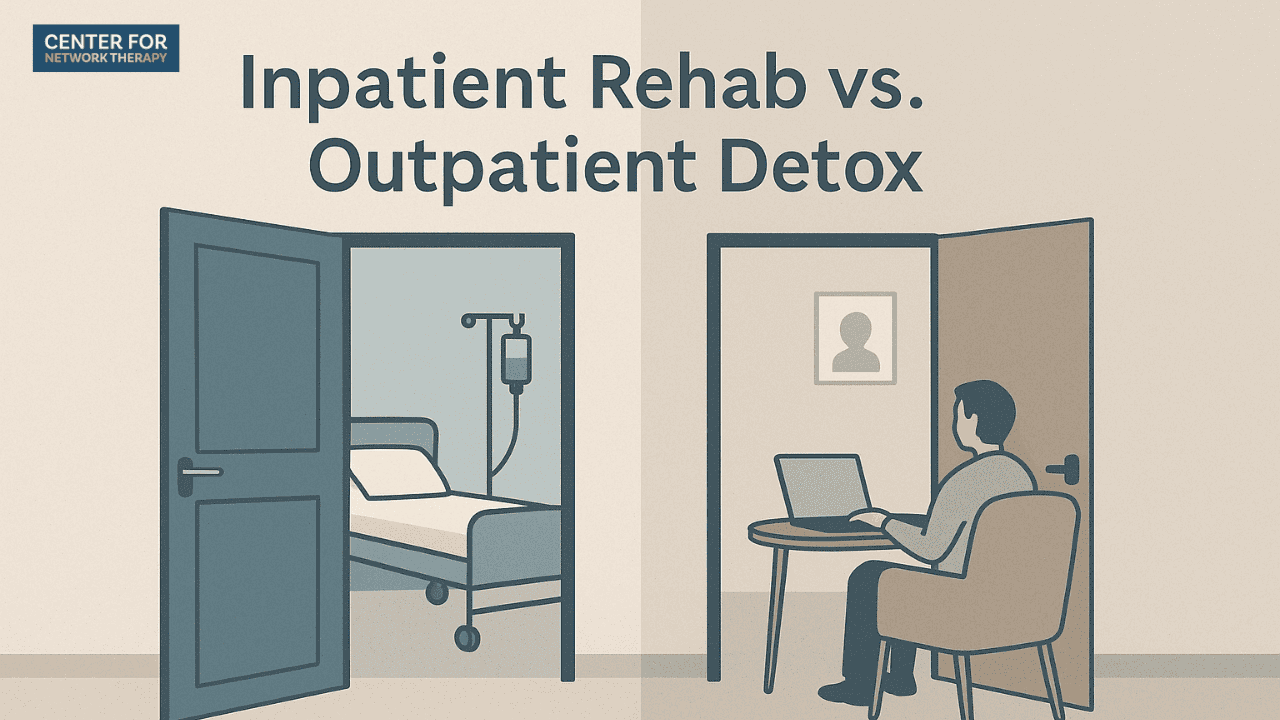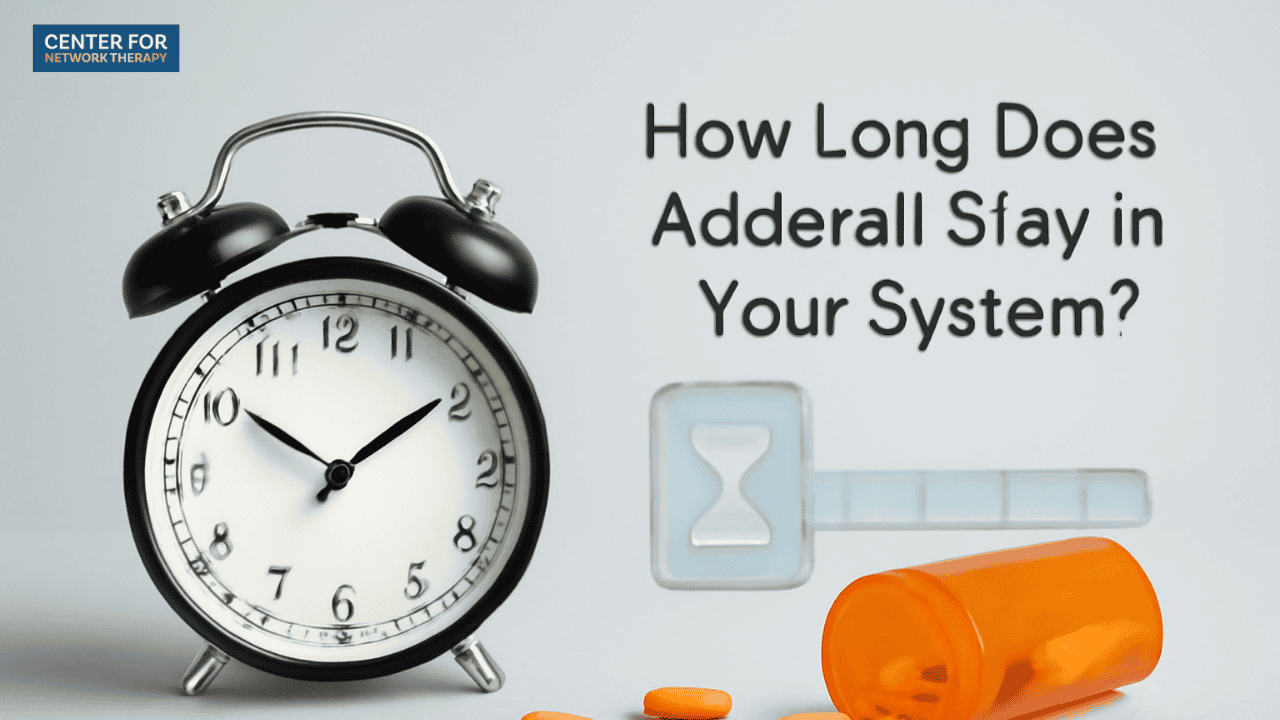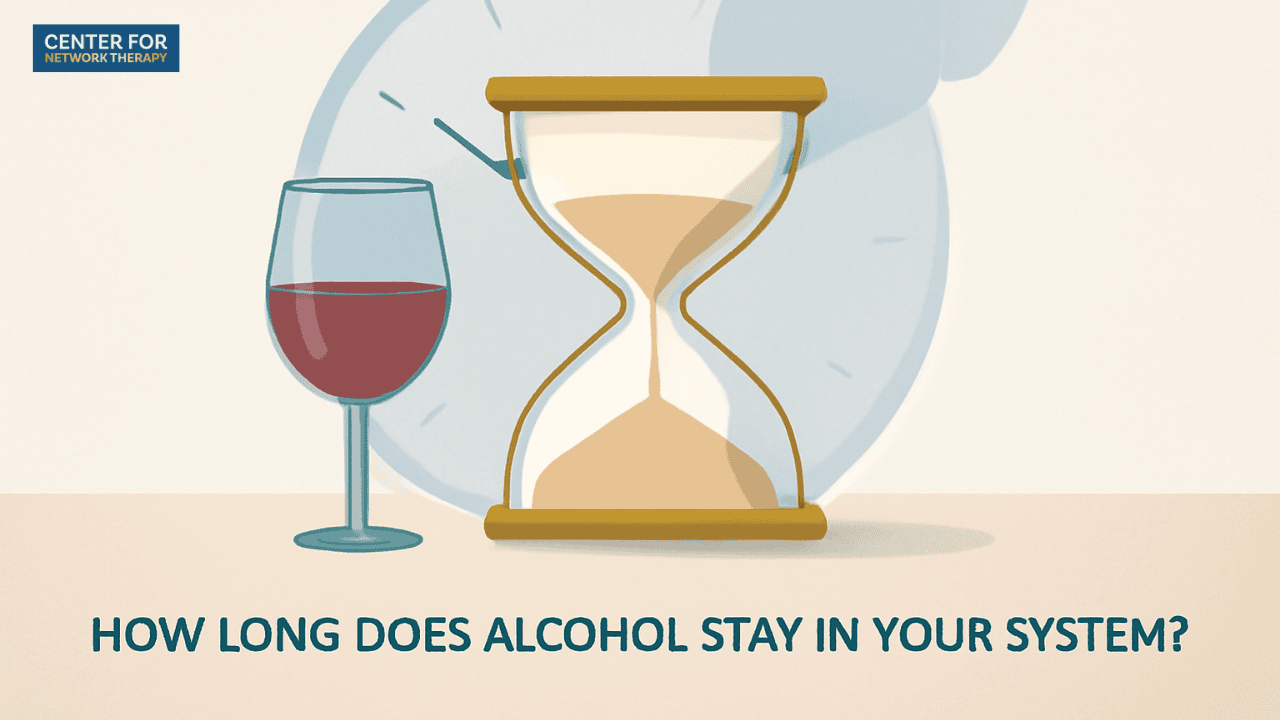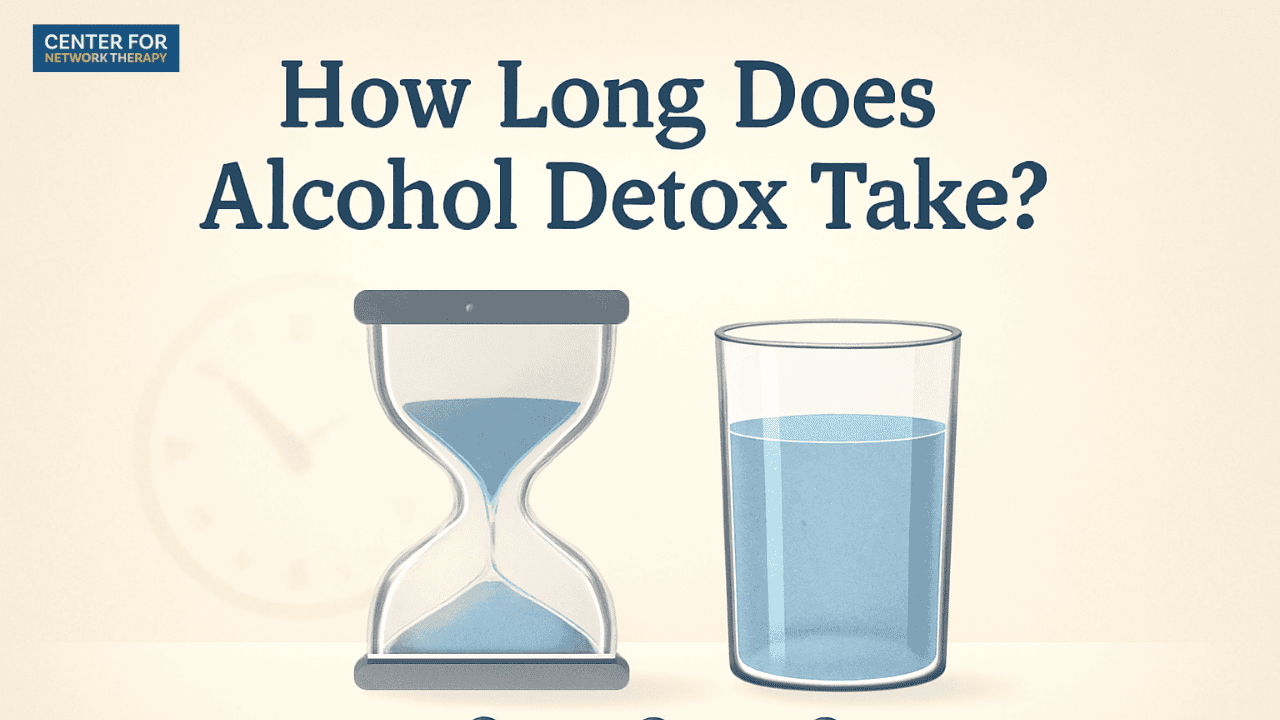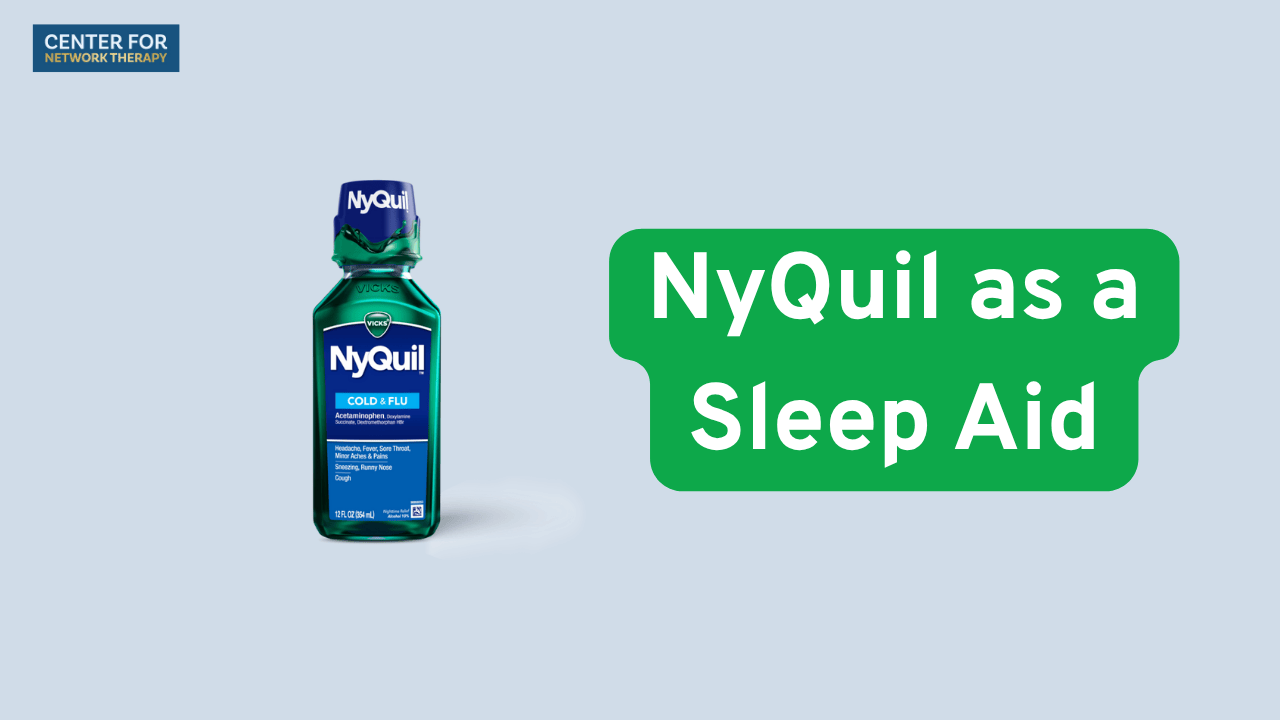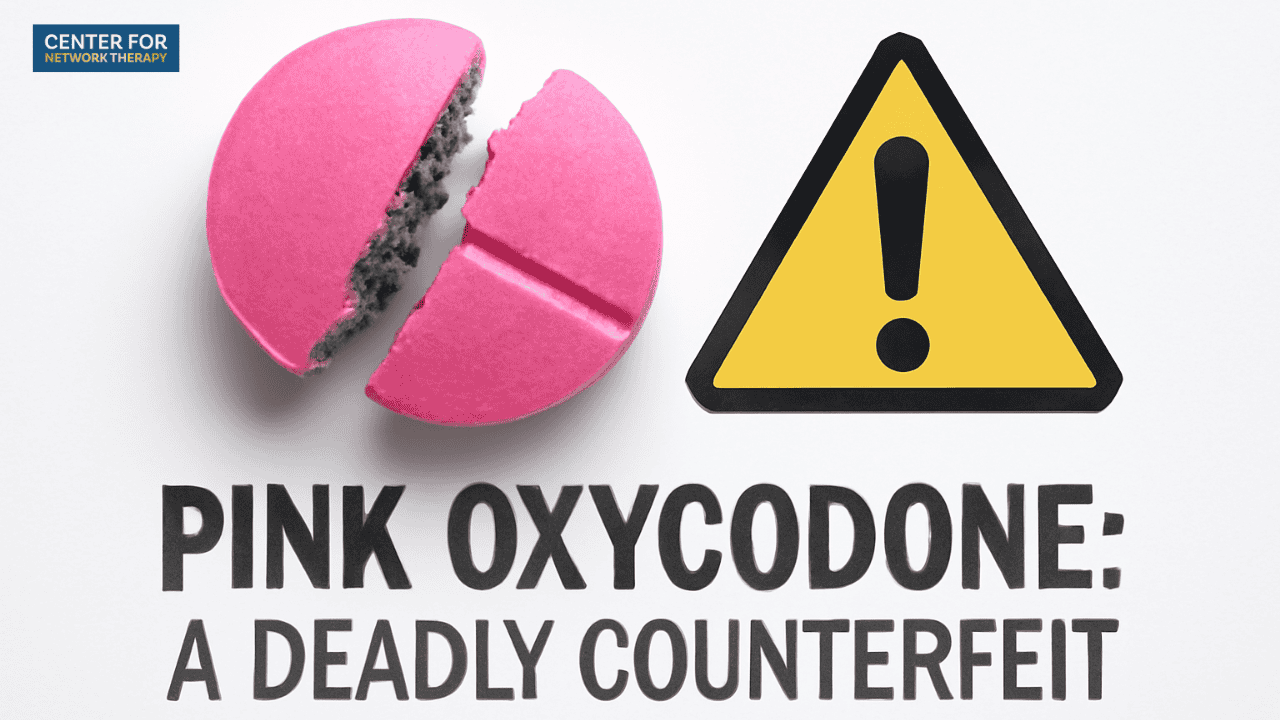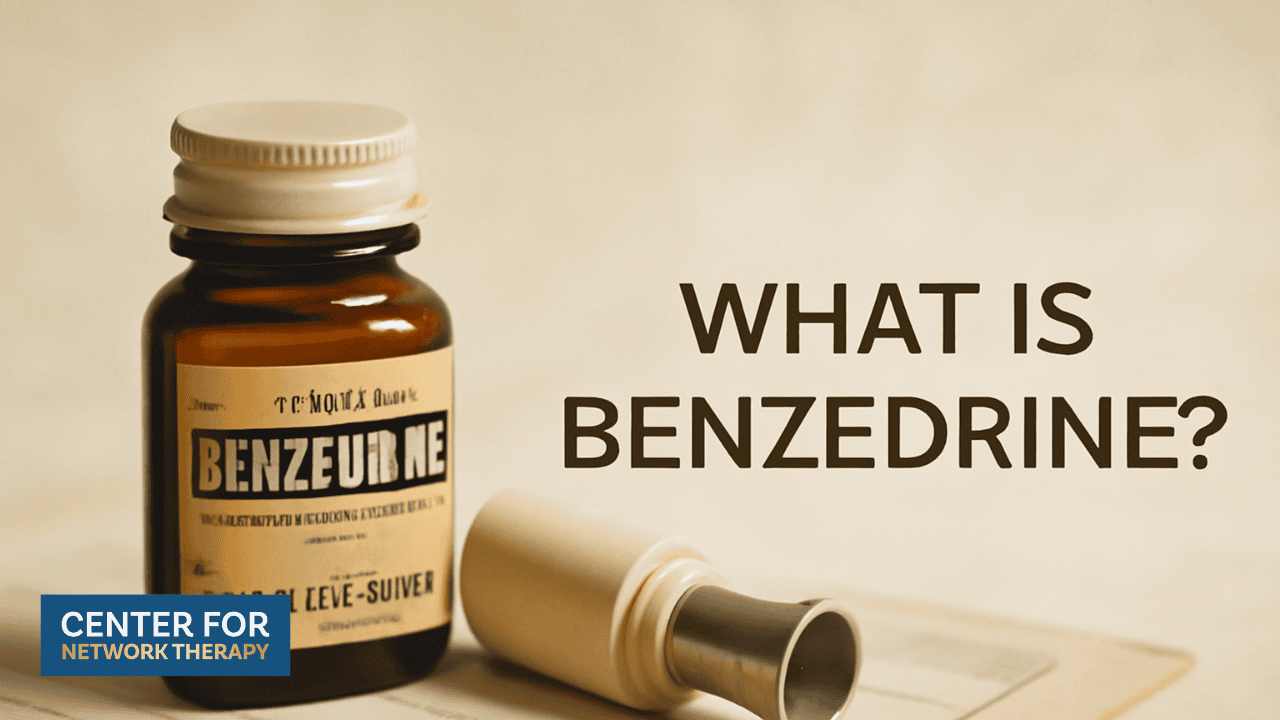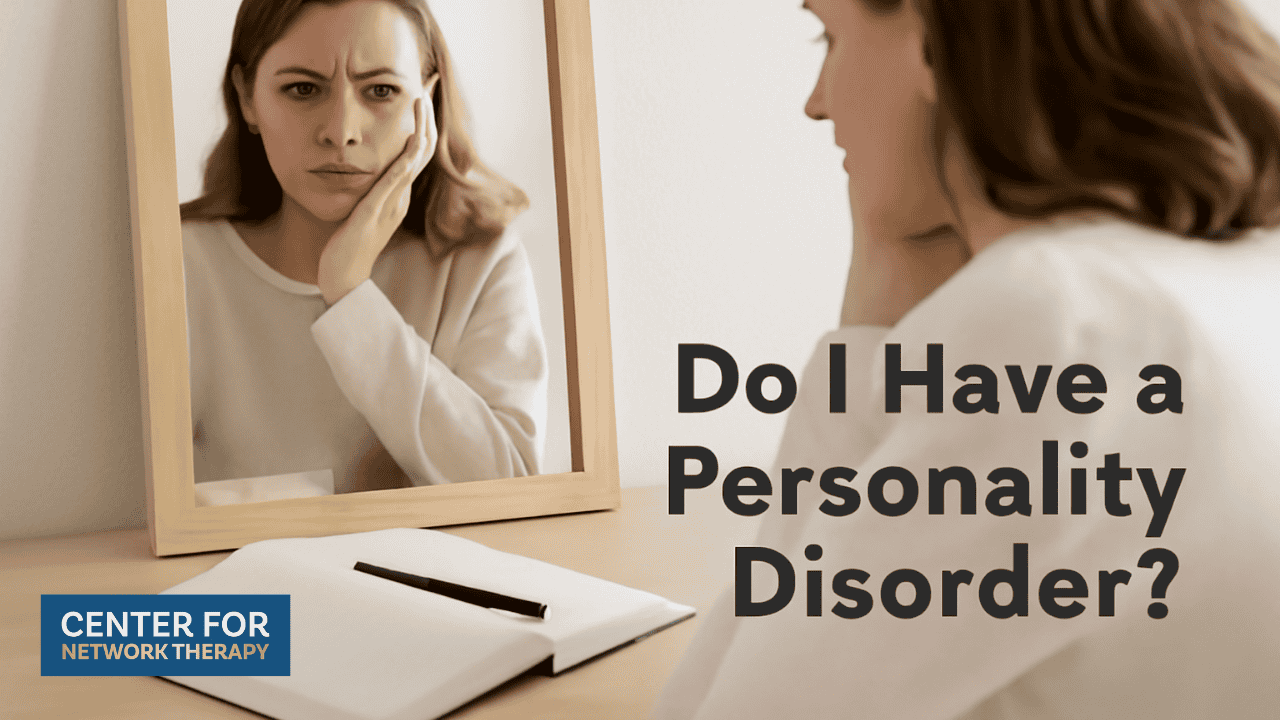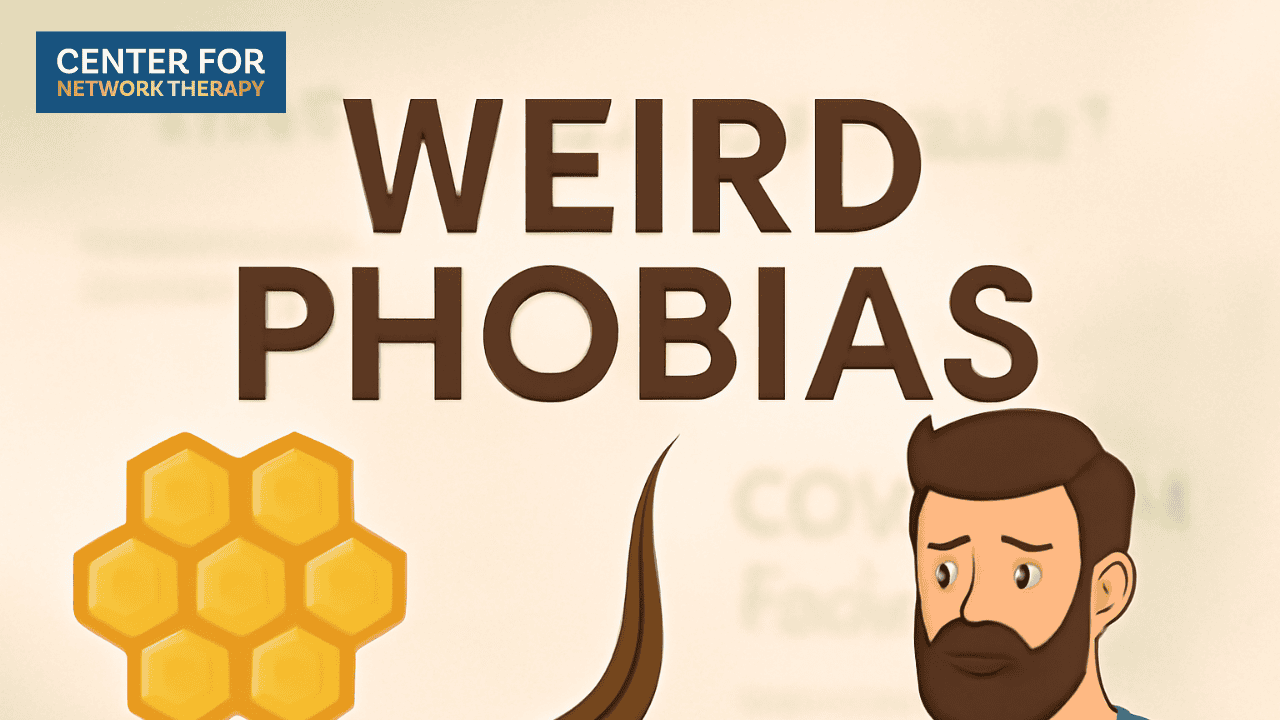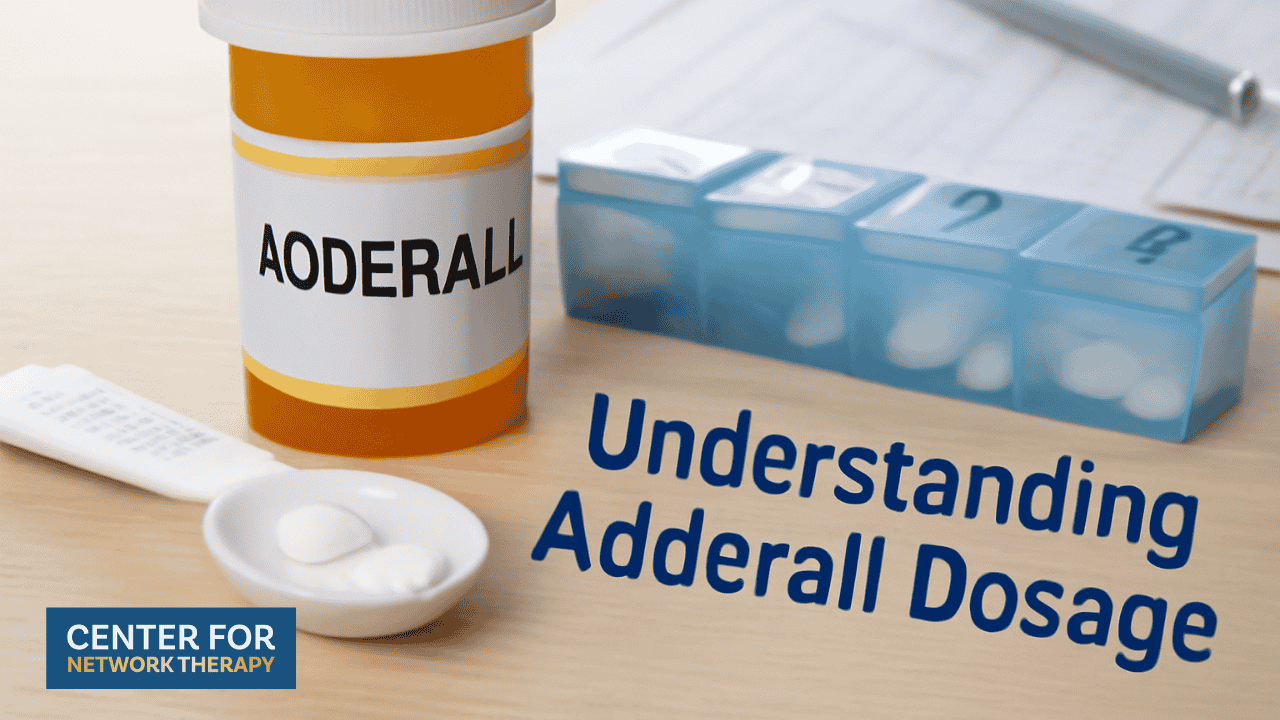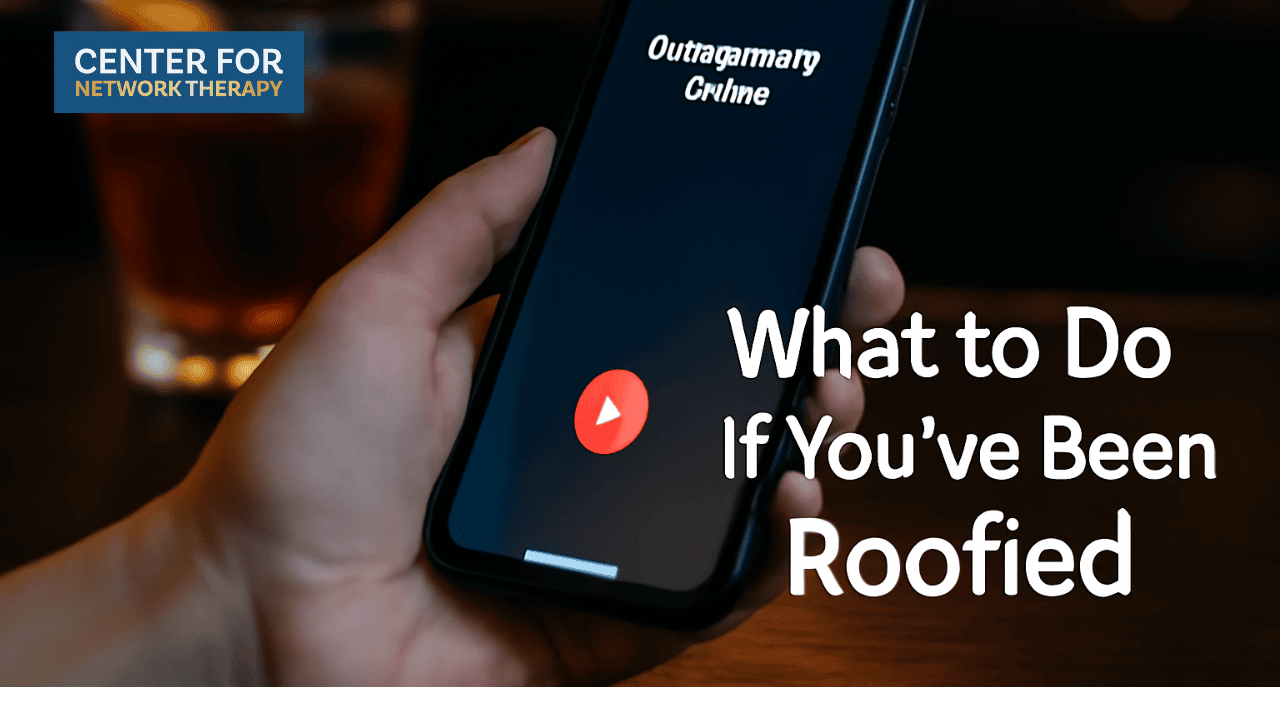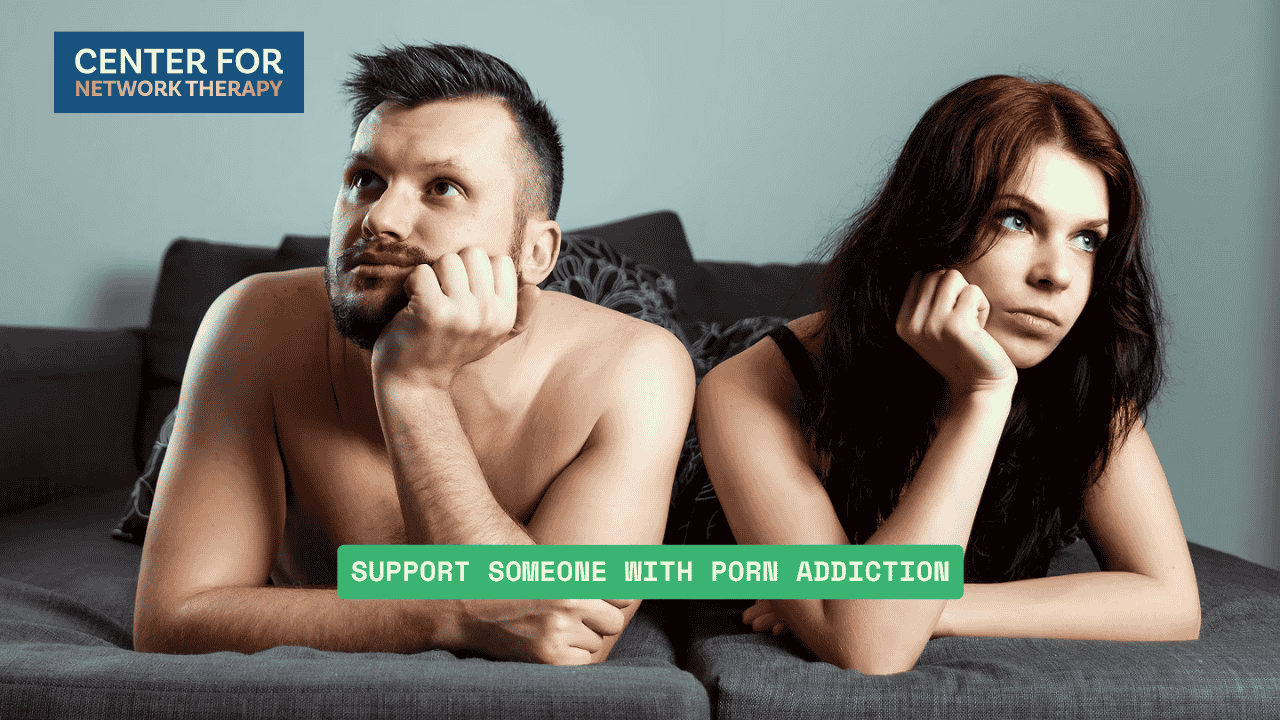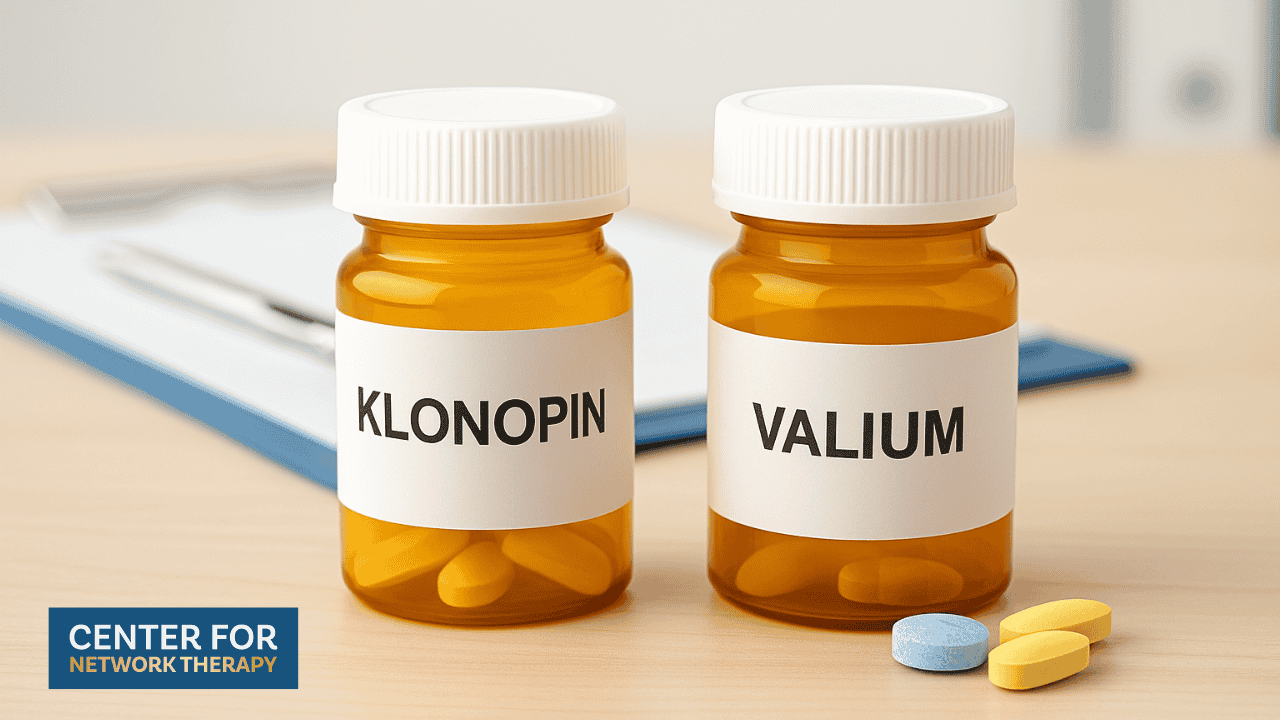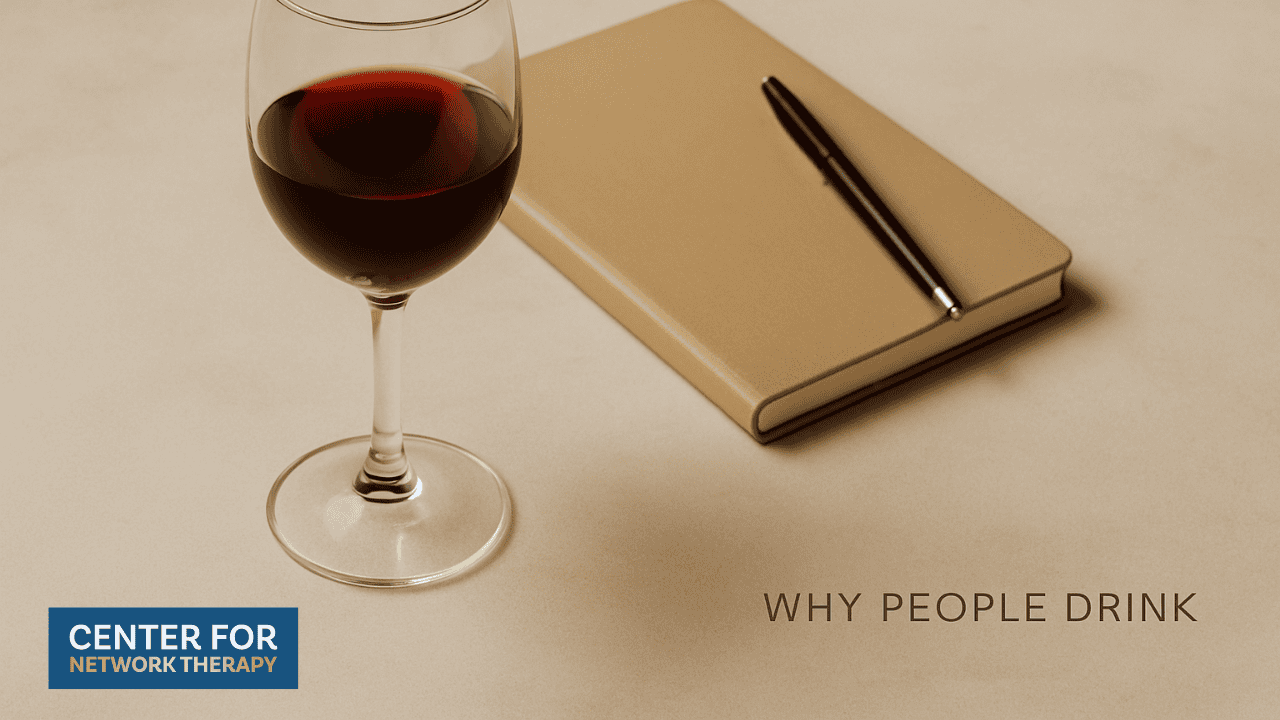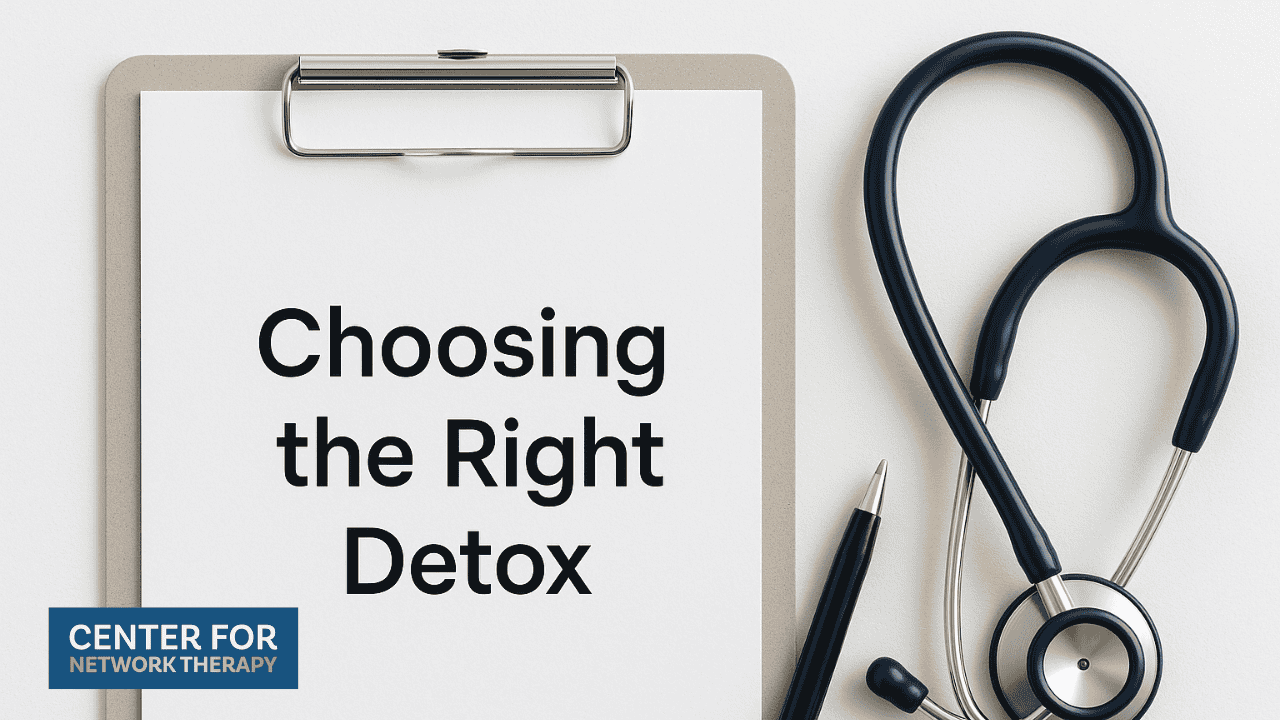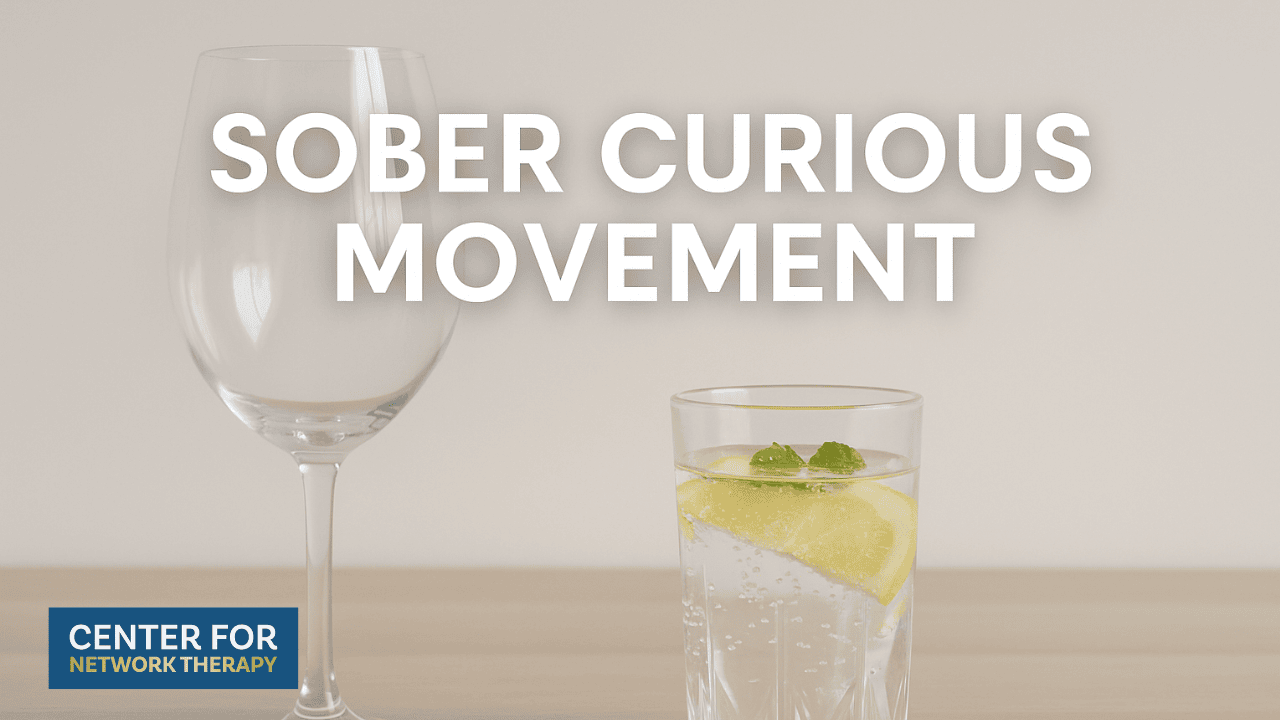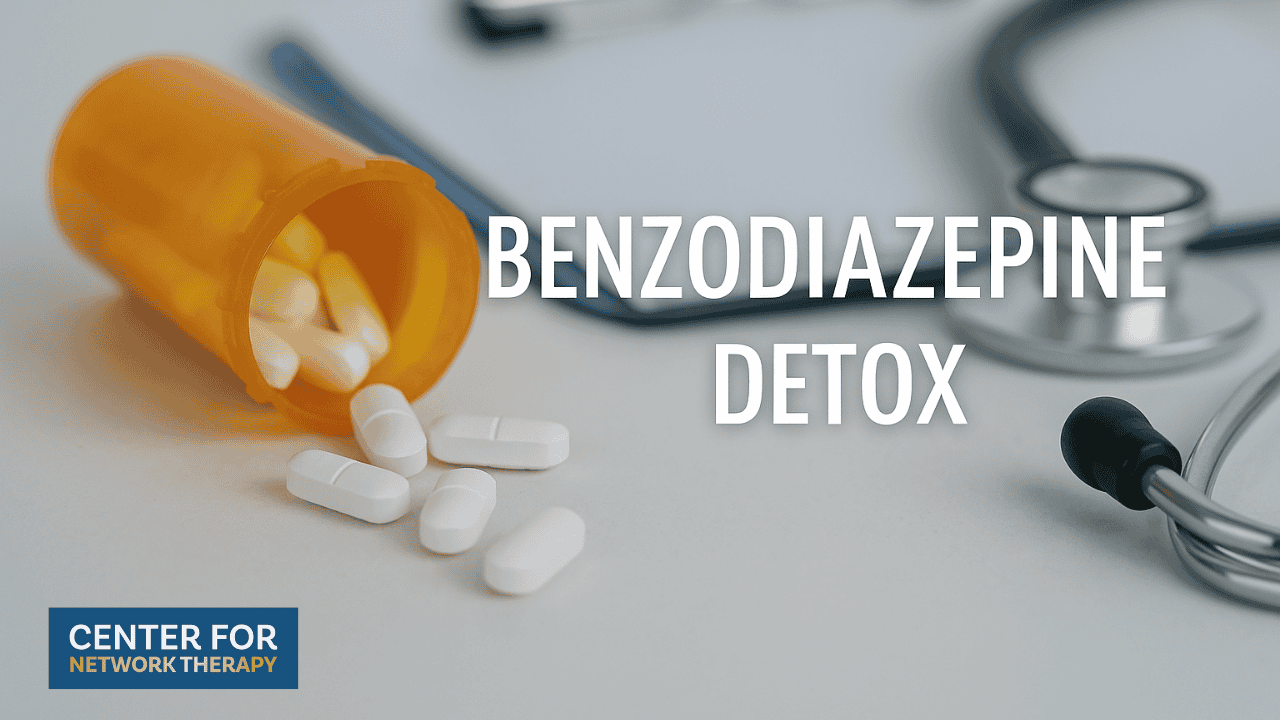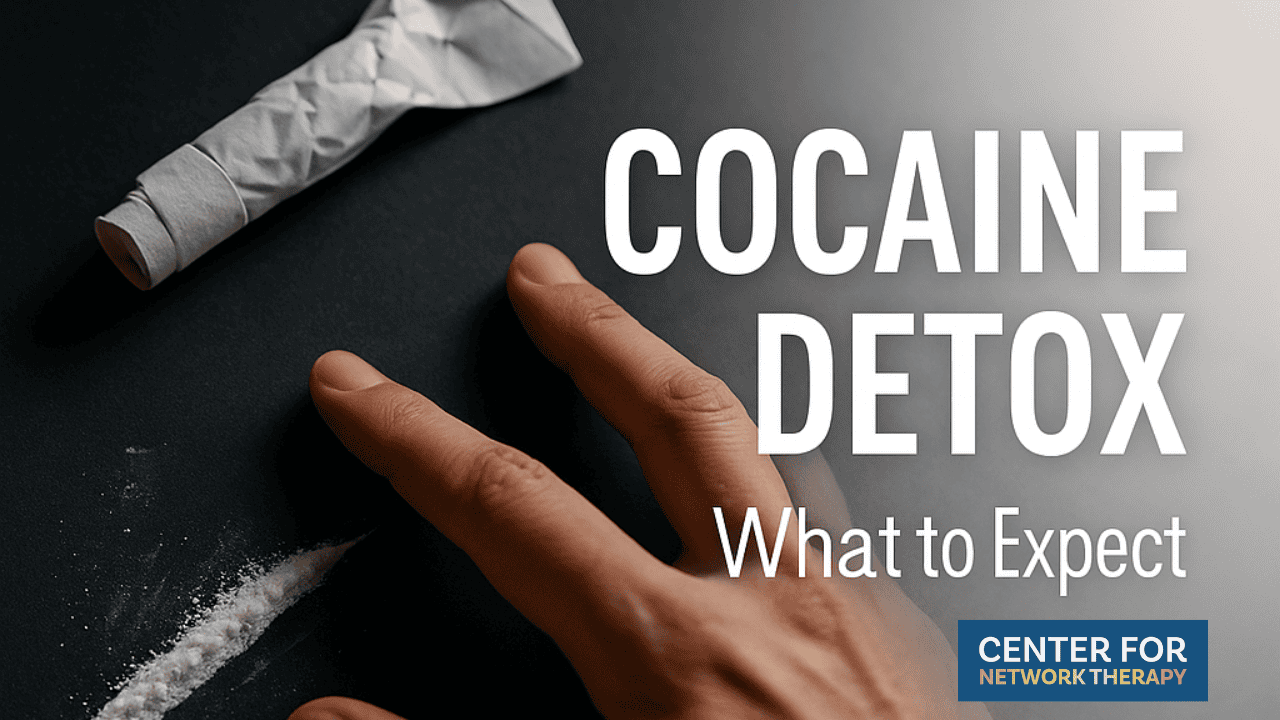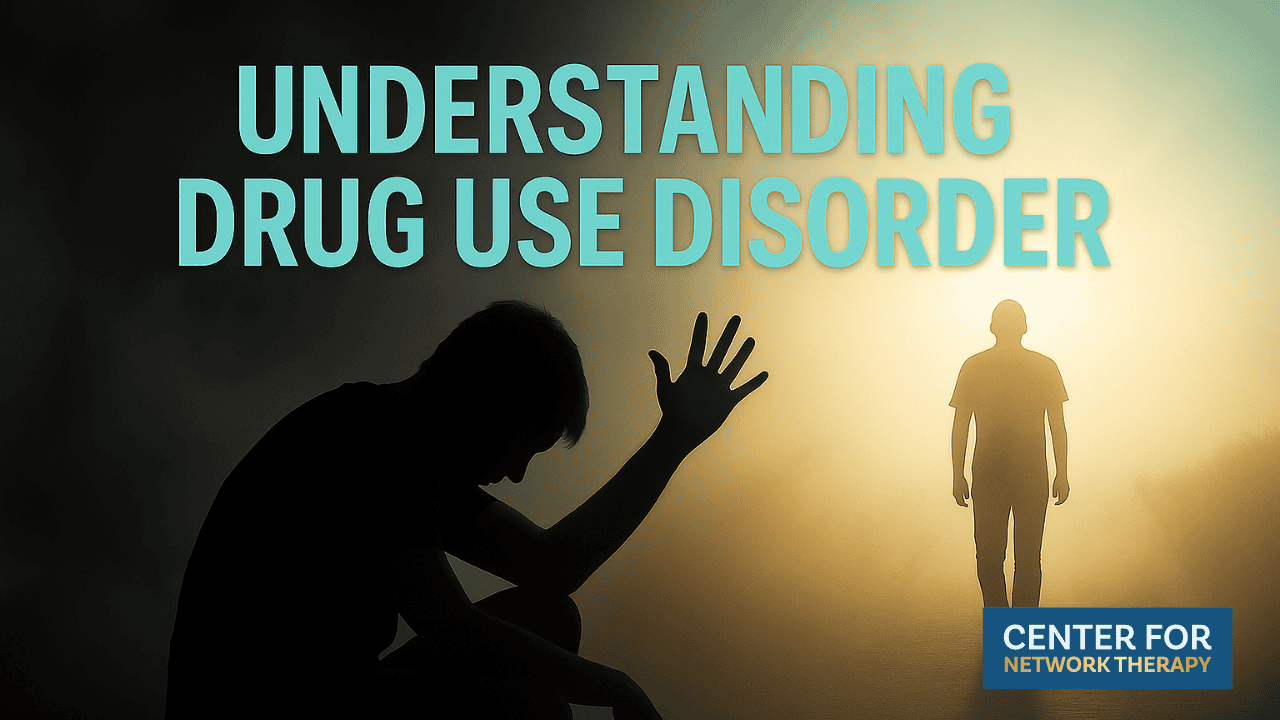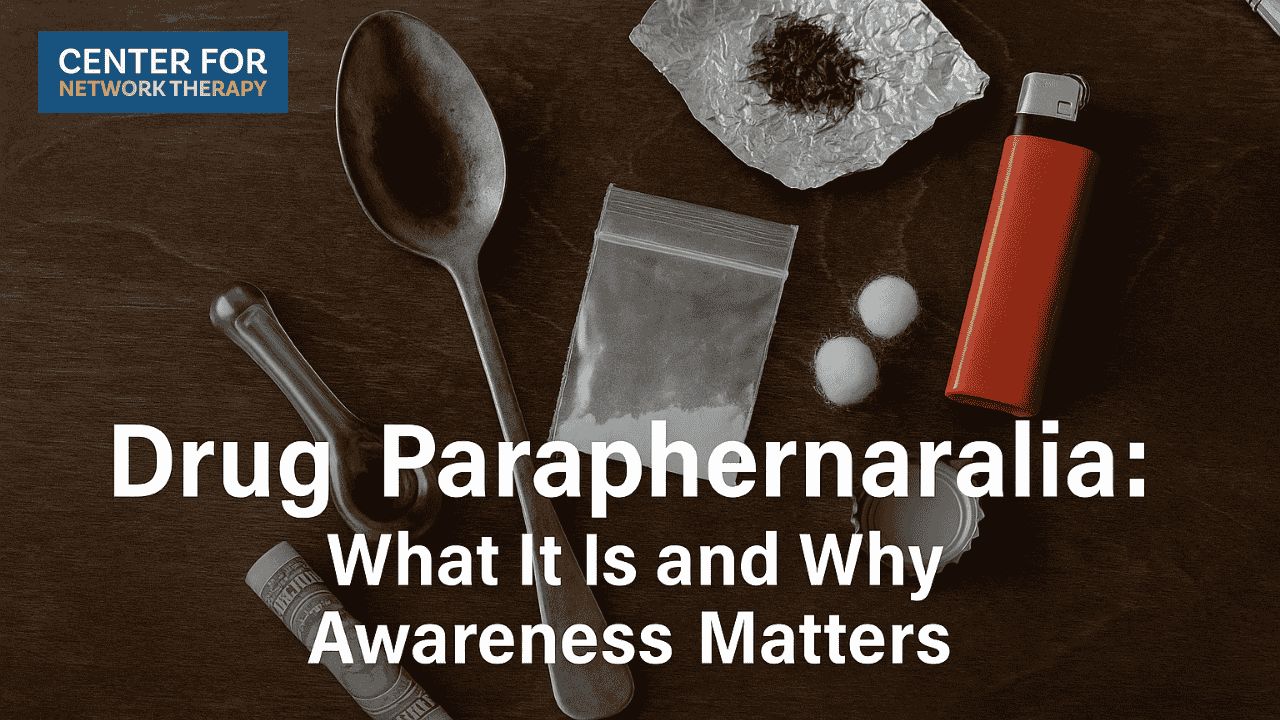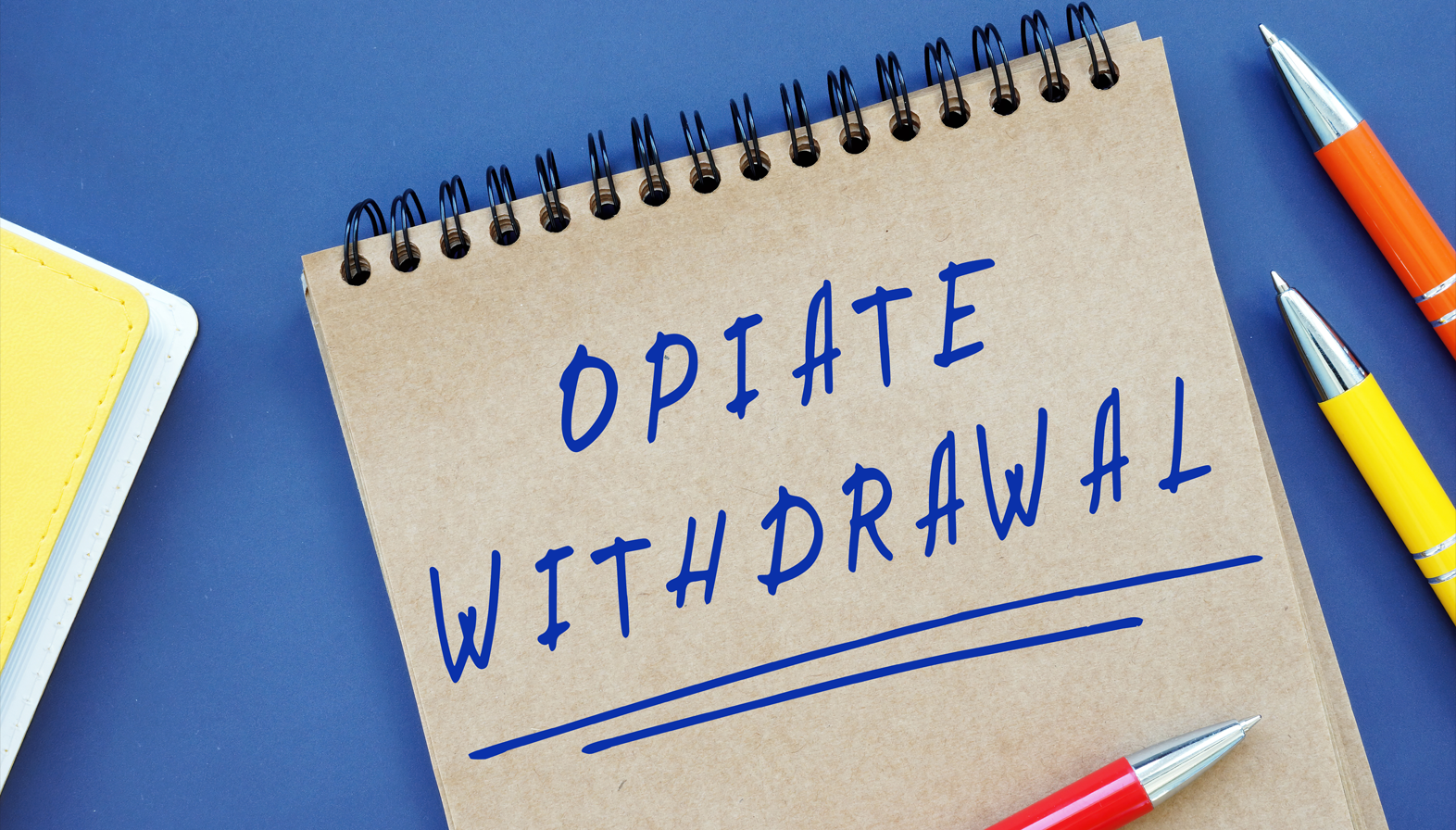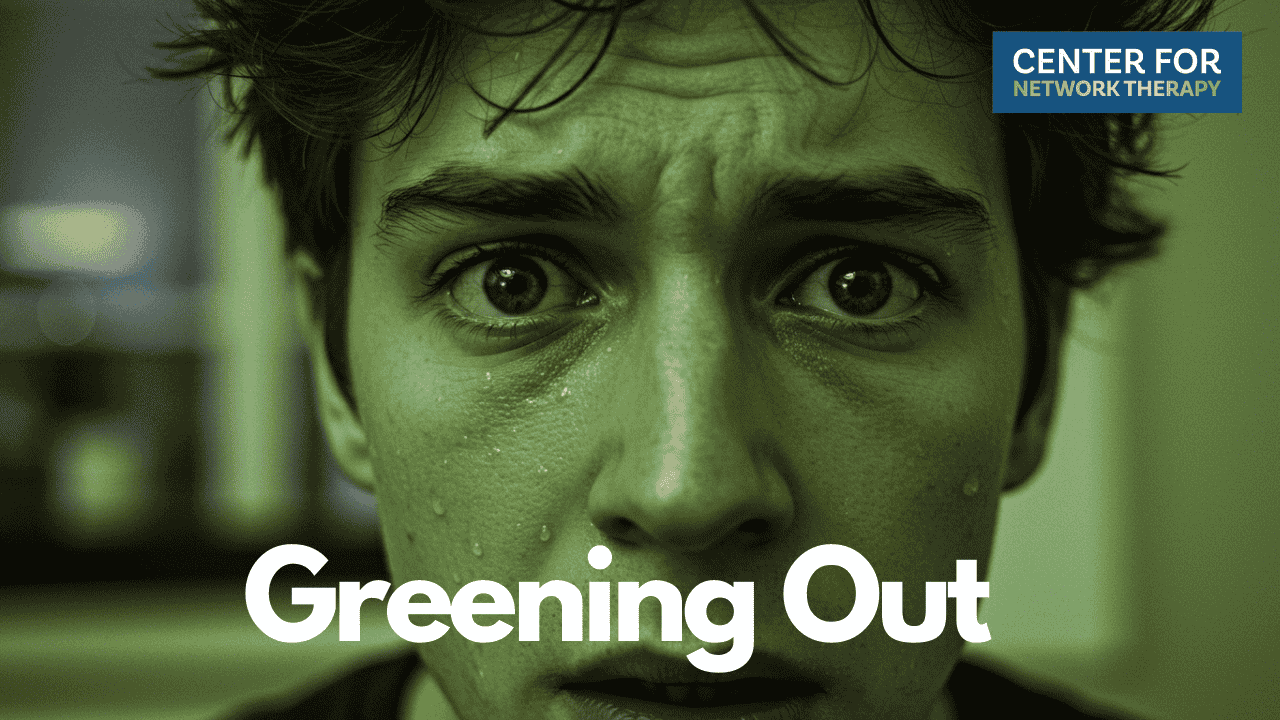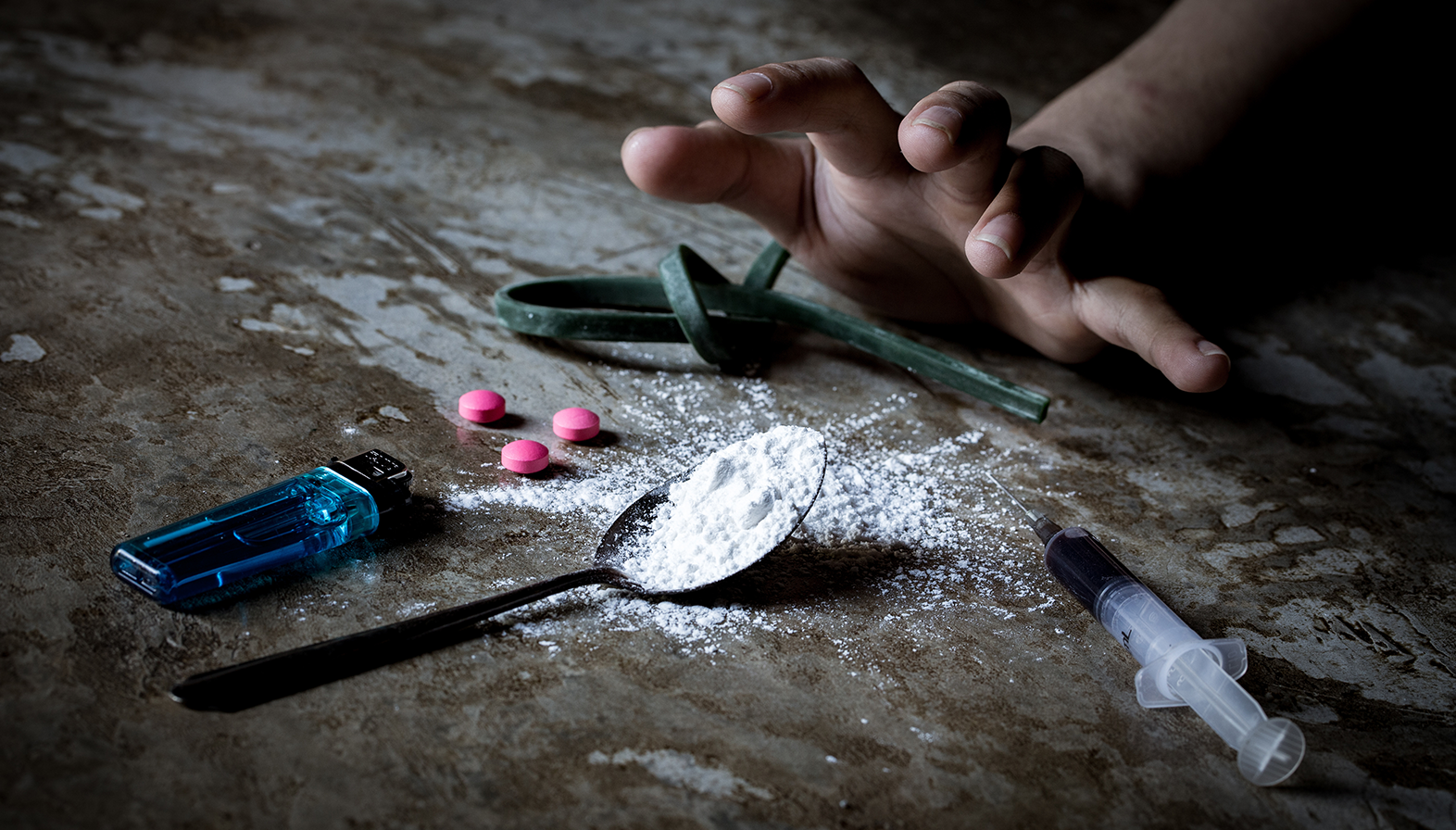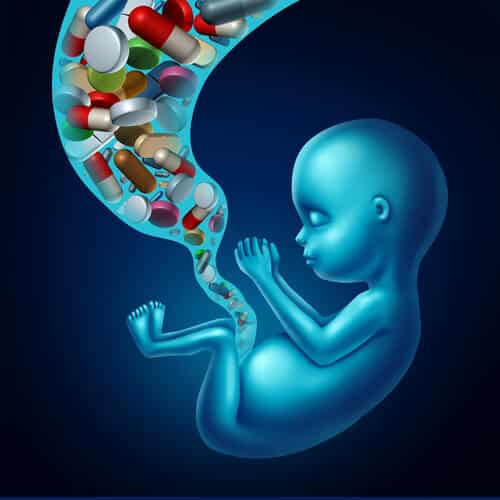If you’ve ever asked yourself, “Why do I react this way?” or “Why do relationships feel harder for me than they do for others?”; you’re not alone. We all have patterns that shape how we think, feel, and connect with others. But when those patterns become deeply rooted and start interfering with everyday life, they might be signs of something more.
That doesn’t mean something is wrong with you. It simply means there may be something to explore more closely, especially if you’ve been feeling stuck.
Table of Contents
ToggleWhat Is a Personality Disorder?
A personality disorder is a type of mental health condition where patterns of thinking, feeling, and behaving are consistently different from what’s expected in a person’s culture. These patterns tend to be long-term and can affect:
- How someone sees themselves and others
- How they manage emotions and stress
- How they form and maintain relationships
There are different types of personality disorders, including borderline, narcissistic, avoidant, and obsessive-compulsive personality disorder. Each has its own set of traits, but they all reflect a deeply rooted way of interacting with the world.
Common Signs You Might Relate To
It’s important not to self-diagnose, but here are some experiences people often report when they’re living with an undiagnosed personality disorder:
- Feeling disconnected from others, even in close relationships
- Intense emotional ups and downs that feel hard to control
- Struggles with identity or self-image
- Trust issues or a tendency to assume the worst in people
- Fear of abandonment or rejection
- Rigid thinking or perfectionism that affects work or relationships
- A sense that others misunderstand your intentions or reactions
These experiences can be painful and isolating. But they’re also more common than you might think.
How Are Personality Disorders Diagnosed?
Only a licensed mental health professional can diagnose a personality disorder. Diagnosis usually involves:
- A detailed mental health evaluation
- Looking at patterns over time, not just a moment or crisis
- Understanding your relationships, coping skills, and life history
Diagnosis isn’t about labeling. It’s about clarity, understanding, and finding the right kind of help.
What If I’m Just Struggling With Emotions or Relationships?
That’s okay. Everyone experiences emotional difficulty at times. But if certain struggles keep repeating or feel unmanageable, reaching out to a therapist can help you untangle what’s going on.
Mental health symptoms can overlap with substance use issues too. Read our guide on drug use disorder to learn how addiction and emotional regulation can often intersect.
Treatment Options That Help
Personality disorders are treatable. Many people find healing through a combination of:
- Talk therapy (especially dialectical behavior therapy or DBT, and cognitive behavioral therapy or CBT)
- Support groups or peer communities
- Medication for related symptoms like depression or anxiety
- Long-term therapeutic relationships that offer consistency and trust
Recovery isn’t about becoming a different person. It’s about becoming more aware of how you respond to the world and finding healthier ways to navigate it.
When Should You Reach Out?
If emotional struggles are disrupting your work, relationships, or daily life, it may be time to talk to someone. Even if you’re unsure what’s “wrong,” starting the conversation can be the first step toward understanding.
At CNT, we support individuals facing both substance use and underlying emotional challenges. If you’re not sure where to start, visit our Contact Page or explore more guidance in our Blog Center.
Sources:
- National Institute of Mental Health: Personality Disorders
- Mayo Clinic: Personality Disorders
- American Psychiatric Association: DSM-5 Personality Disorder Fact Sheet
Disclaimer: This blog is meant to offer guidance and education, not medical advice. If you’re feeling uncertain about your relationship with substances, you don’t have to figure it out alone. A healthcare provider can help; or if you’re not ready to talk, our anonymous self-check quiz is a gentle place to begin



